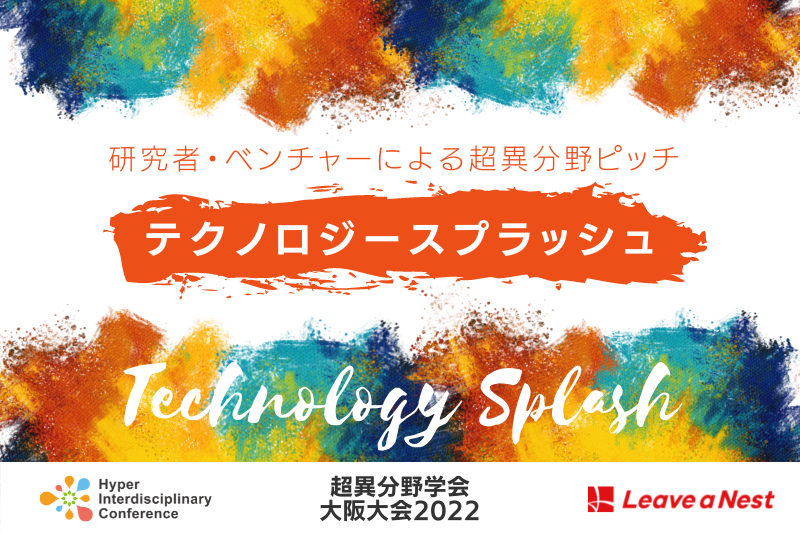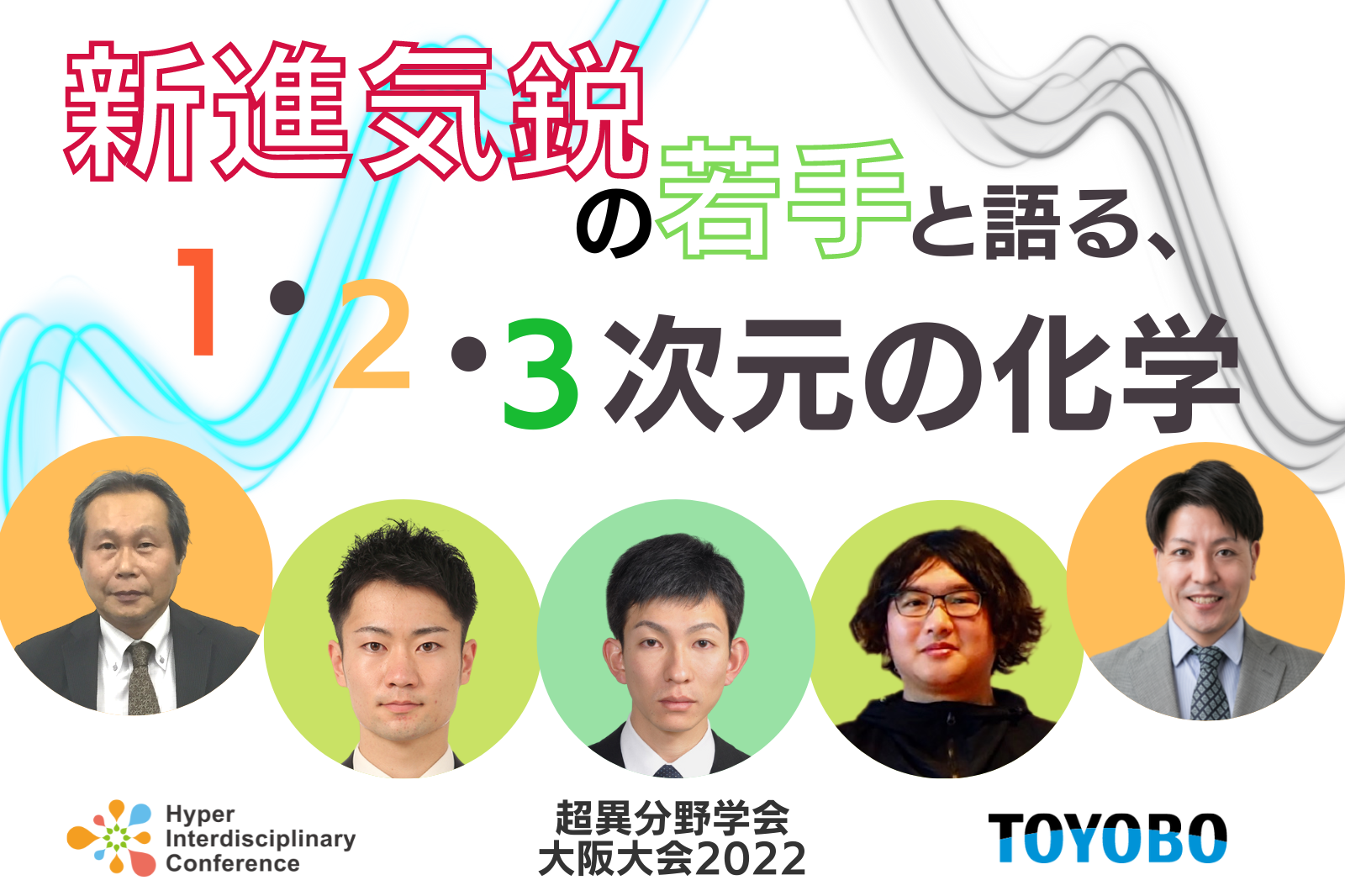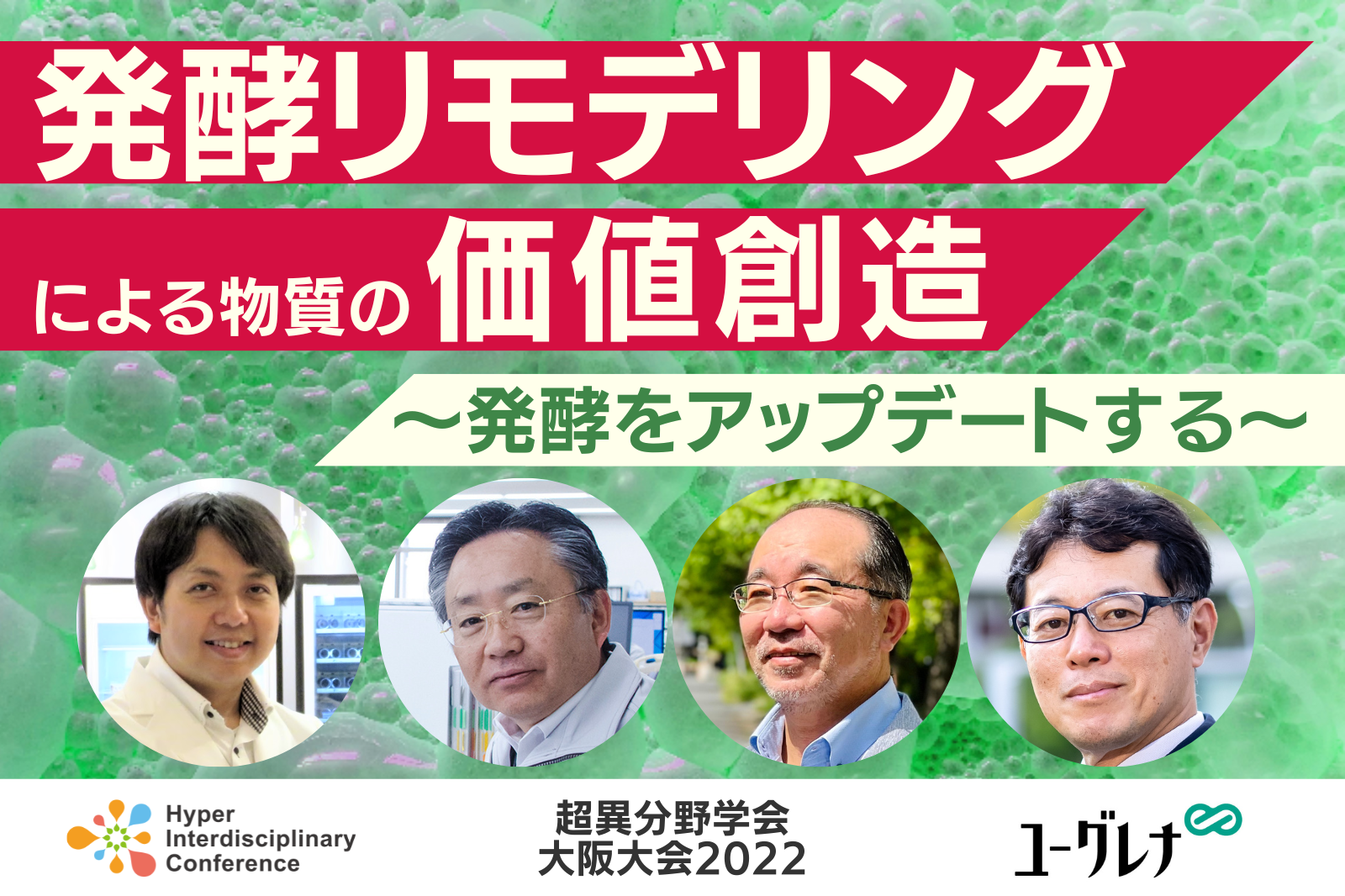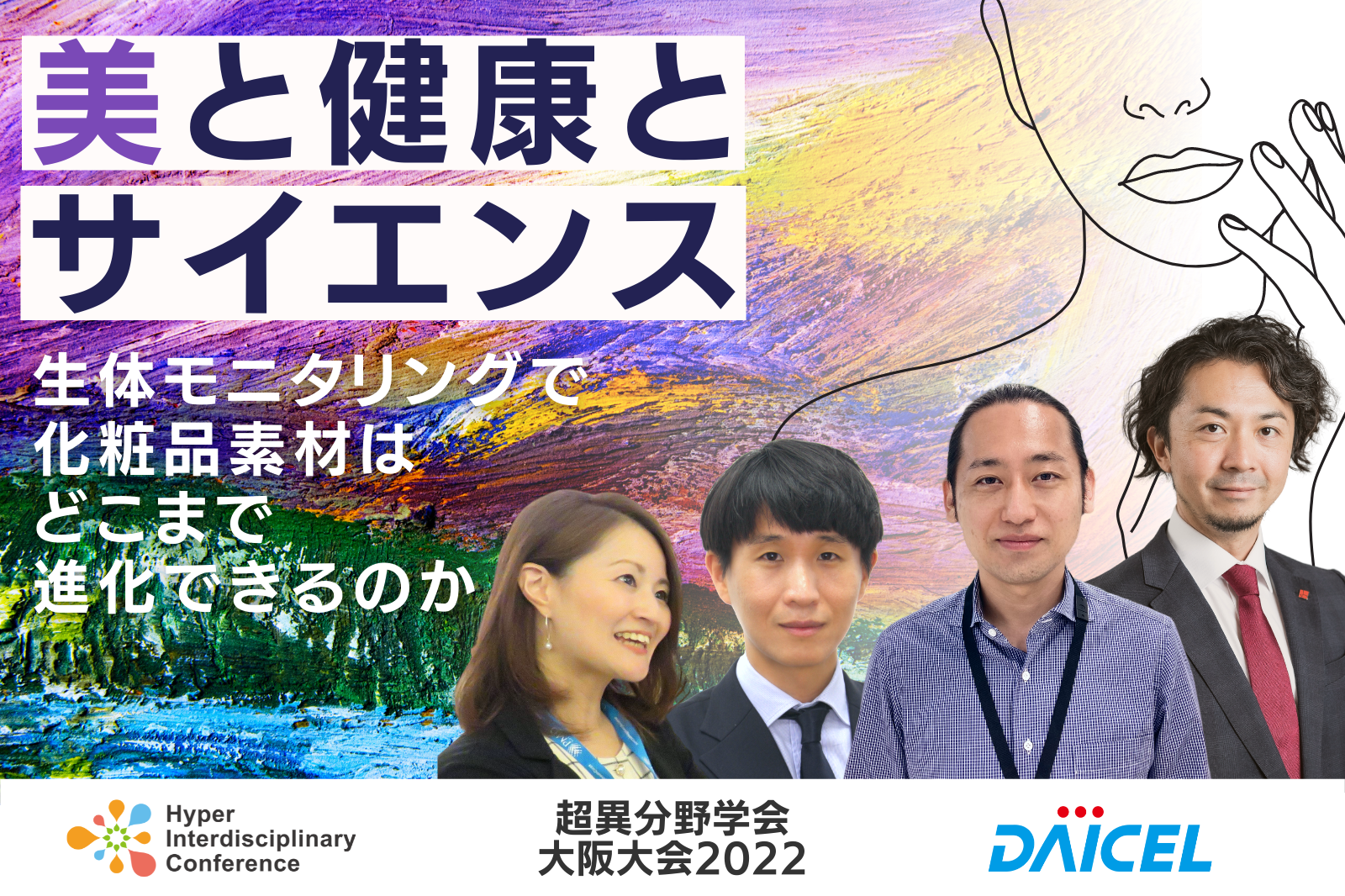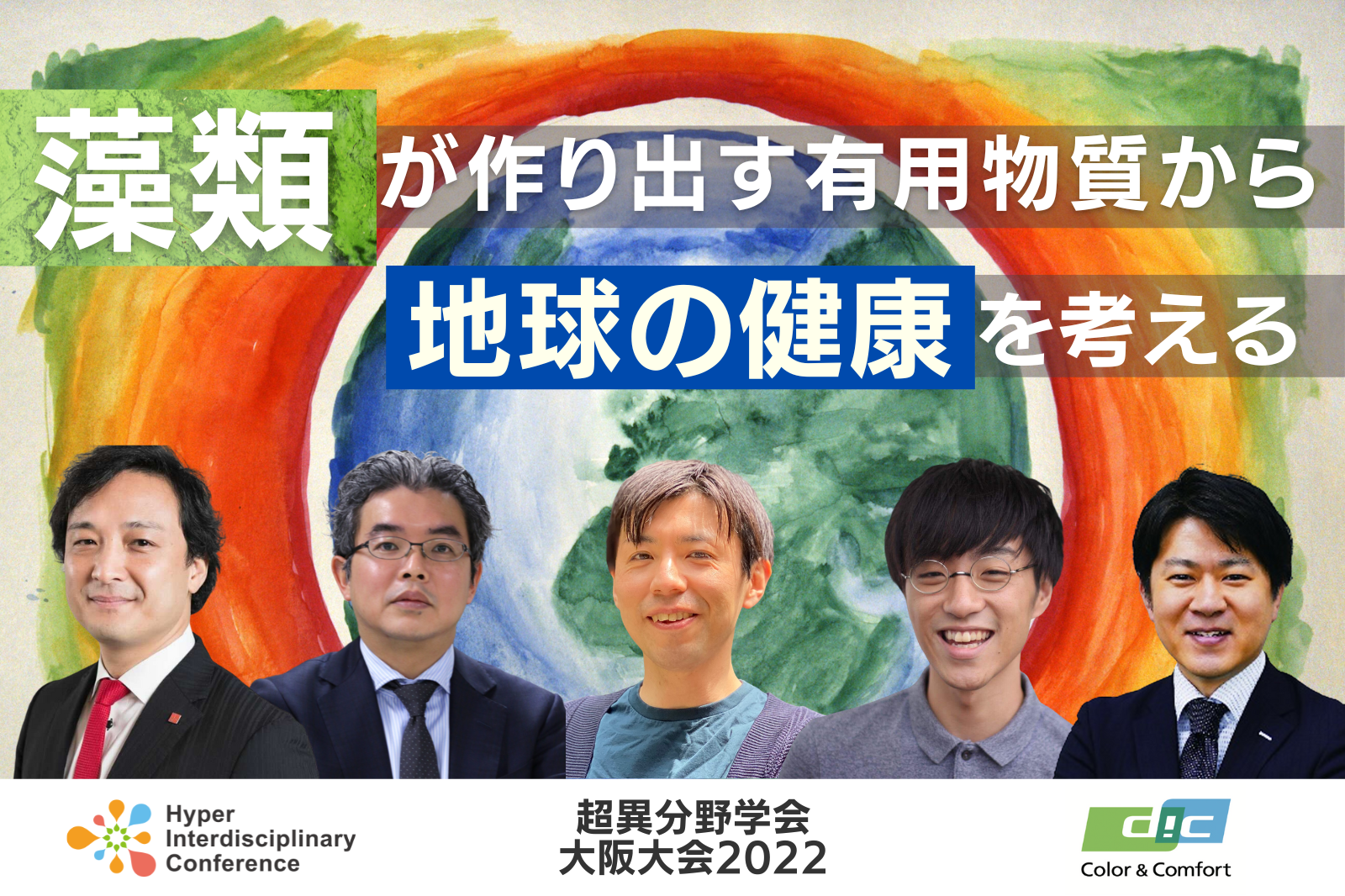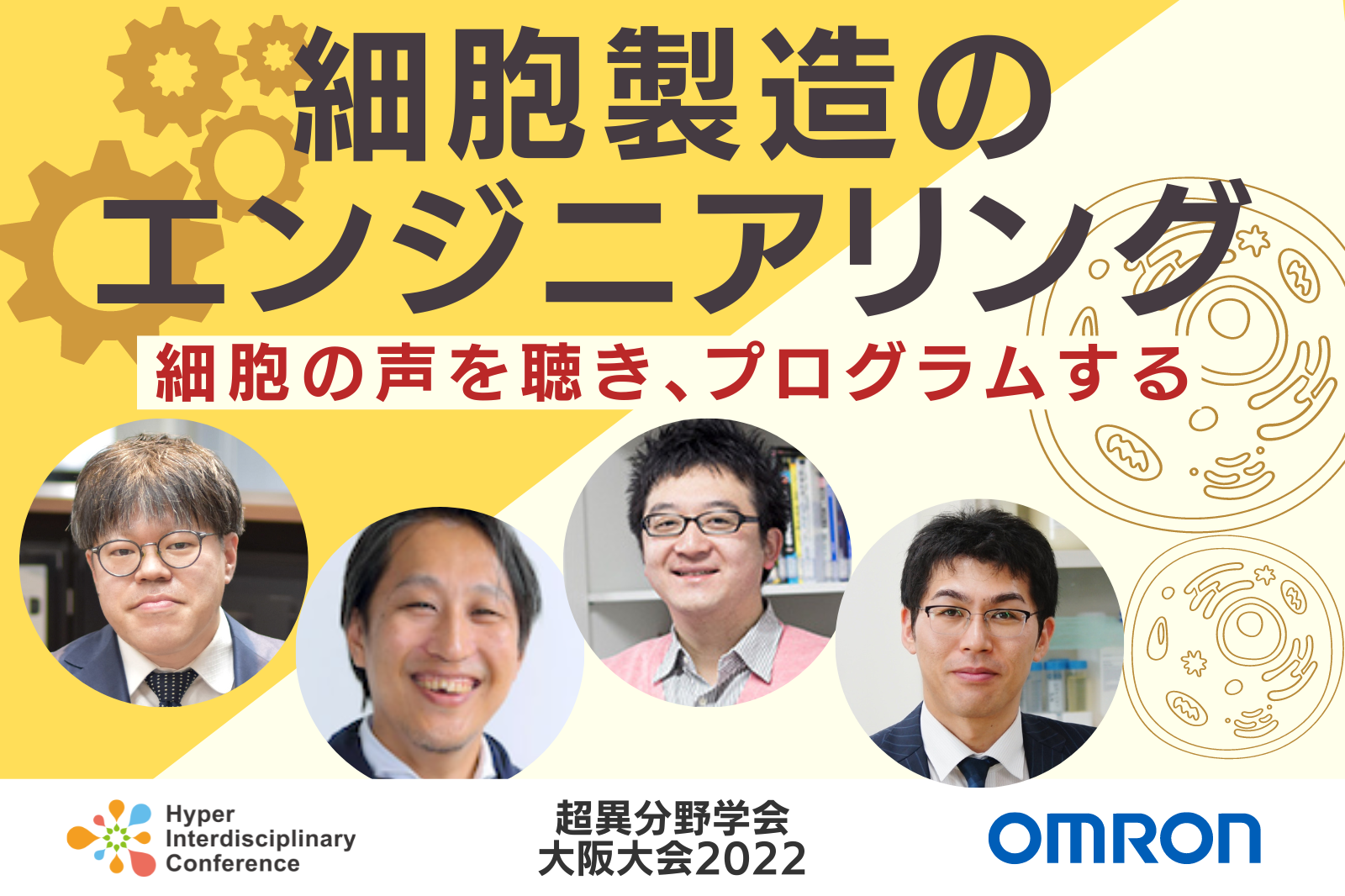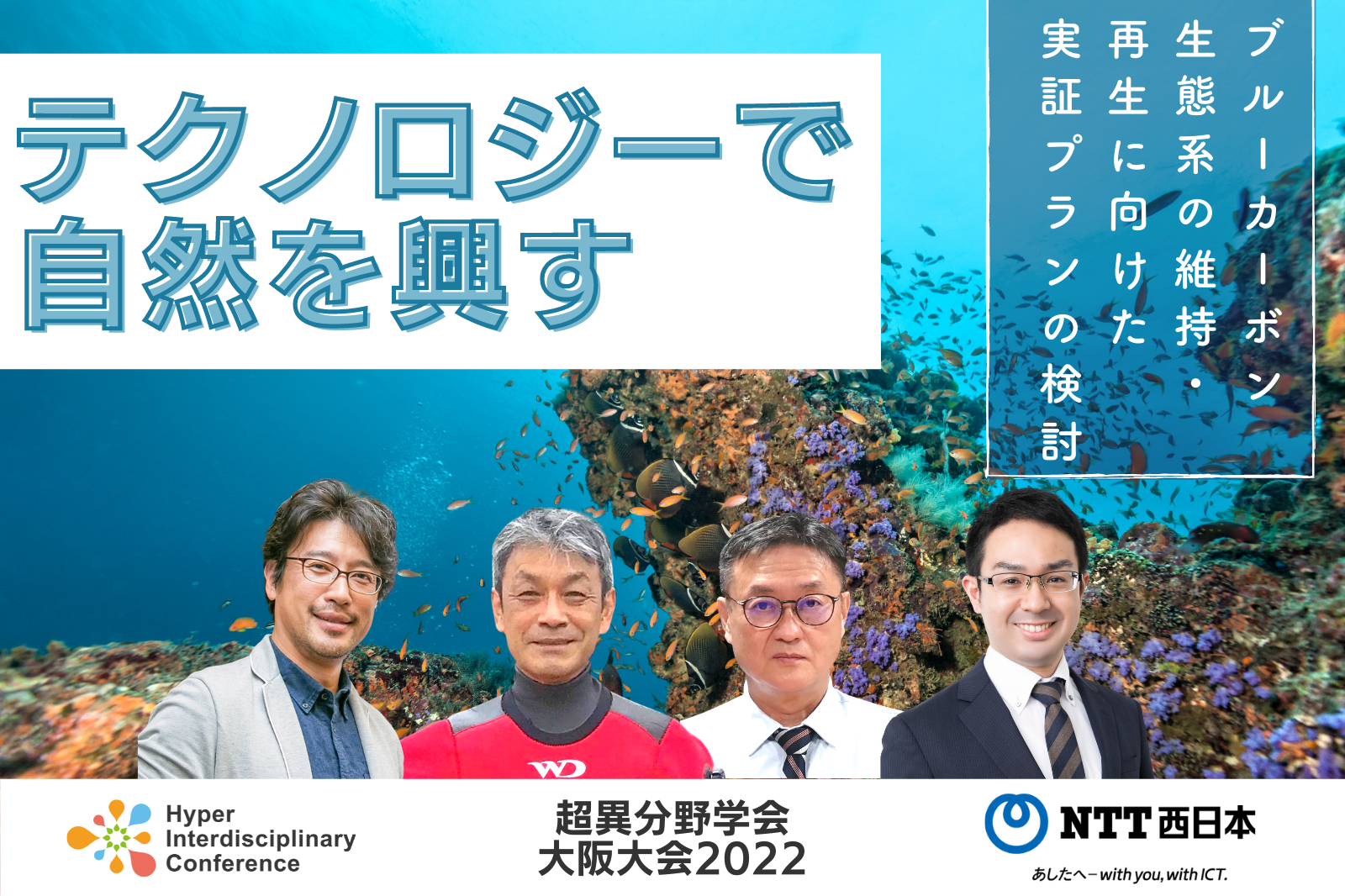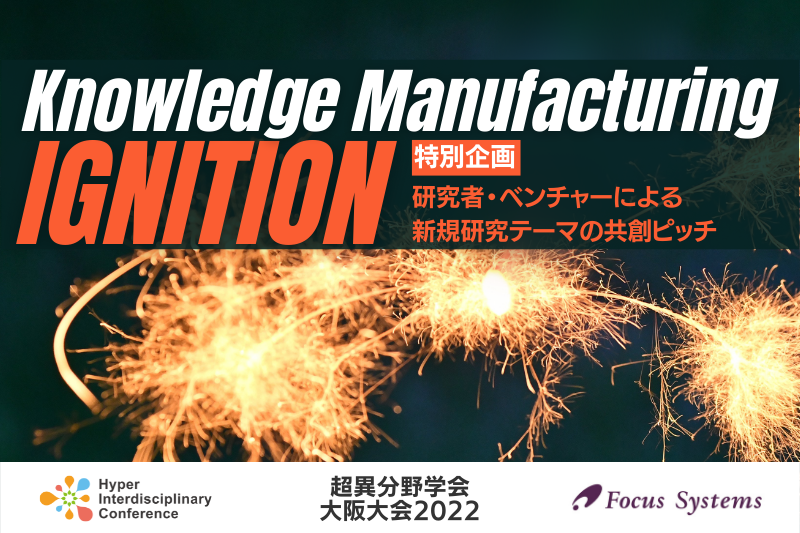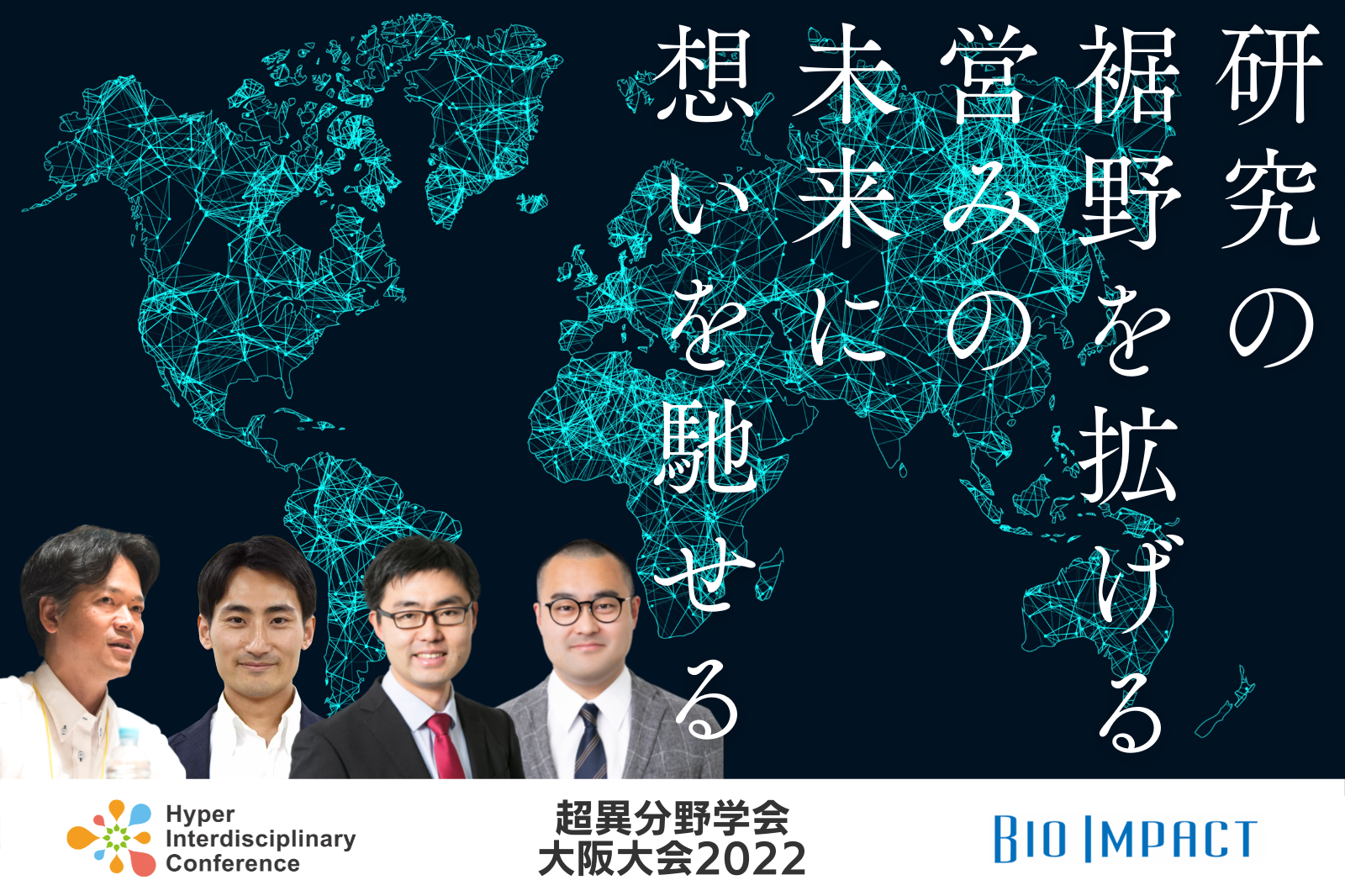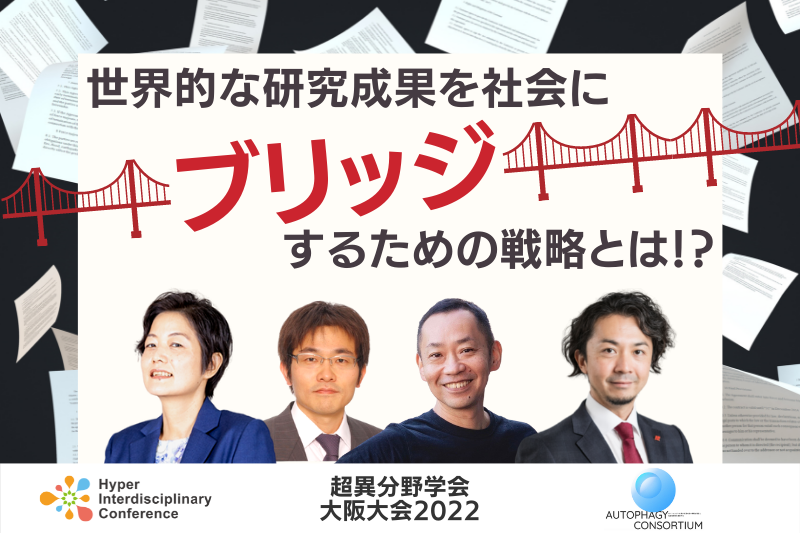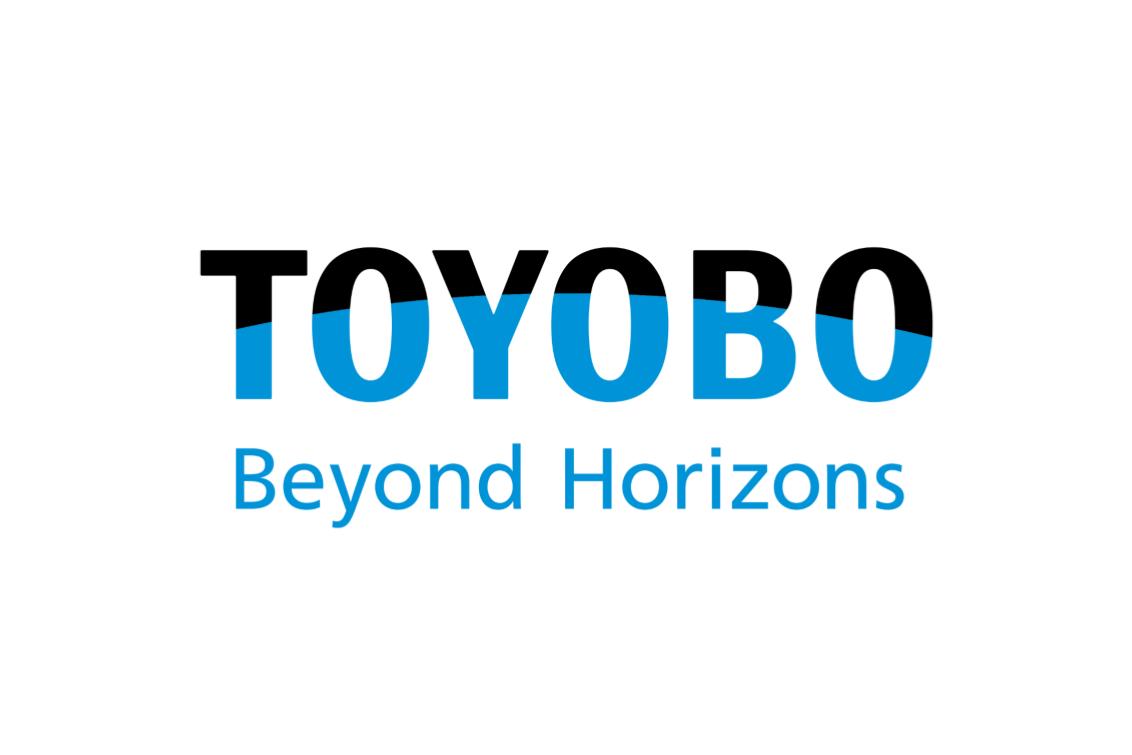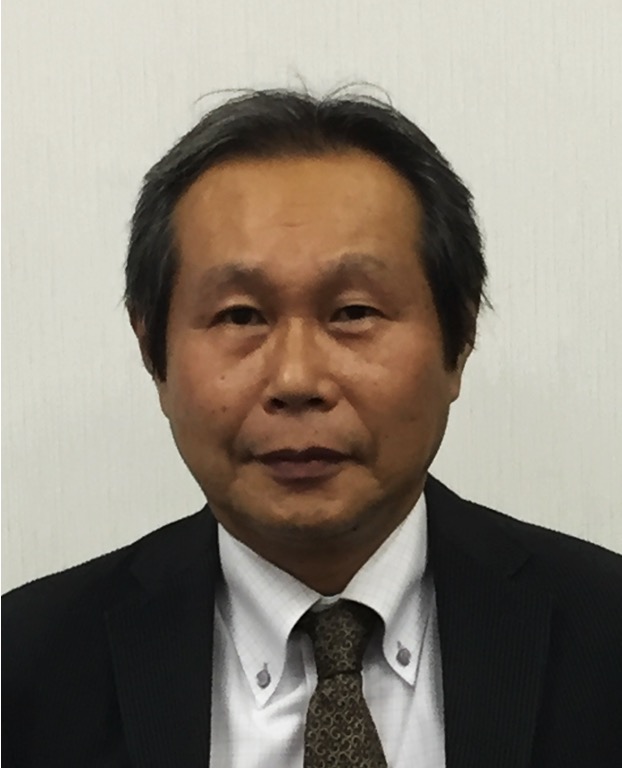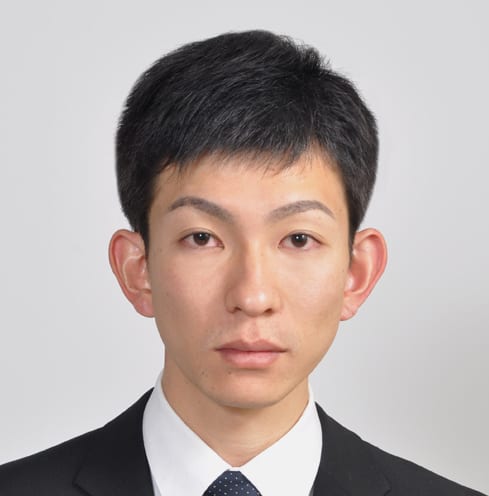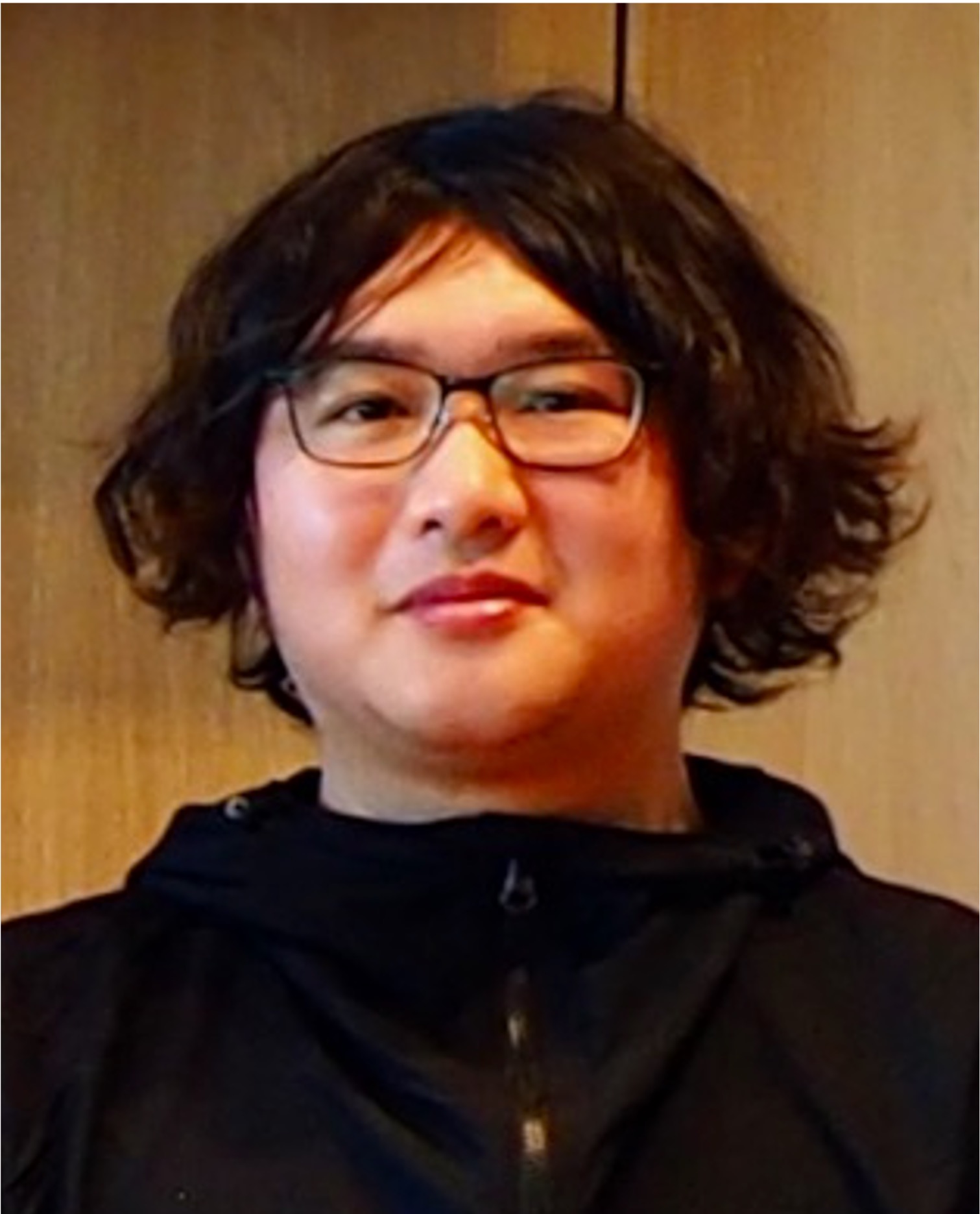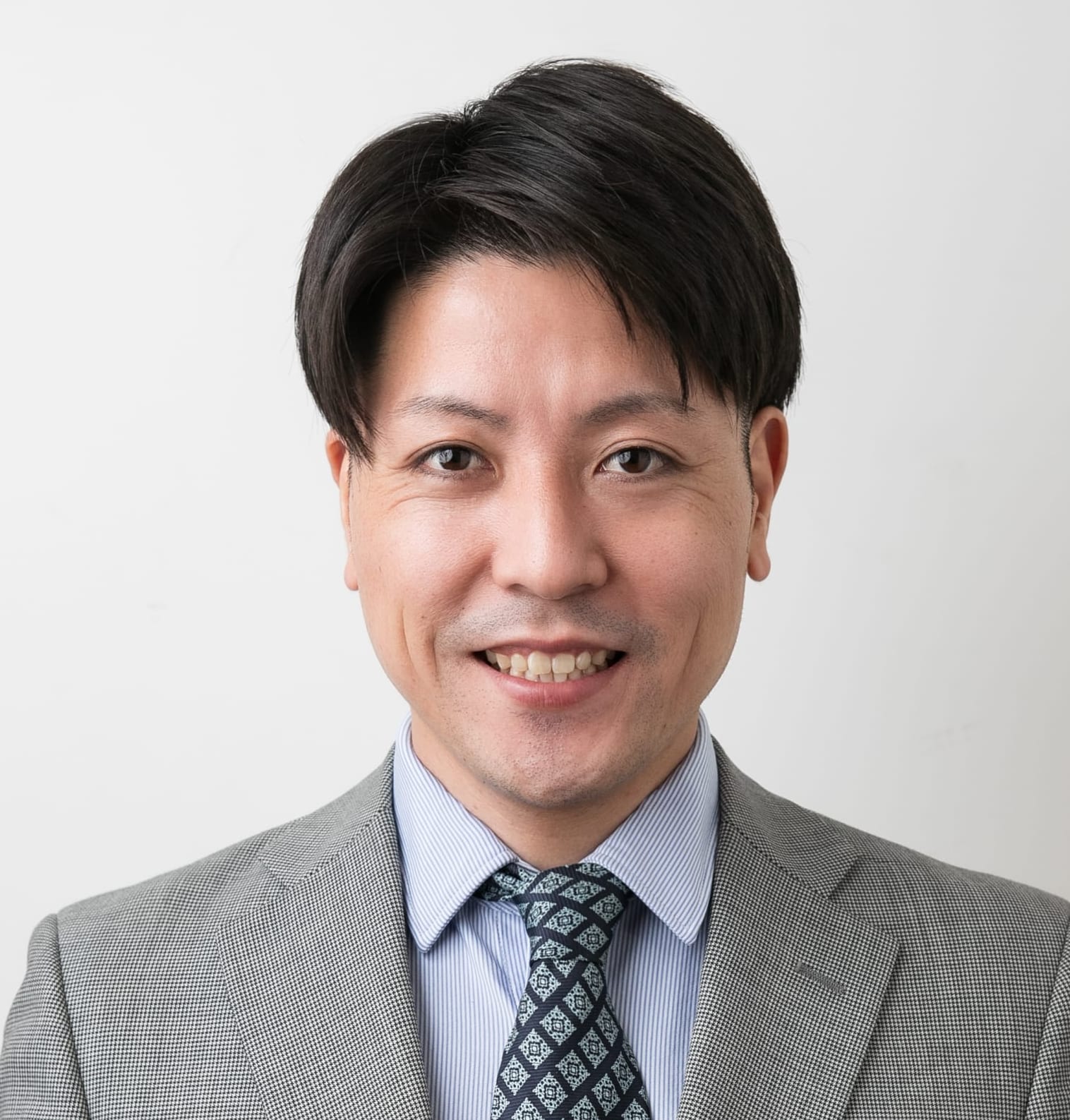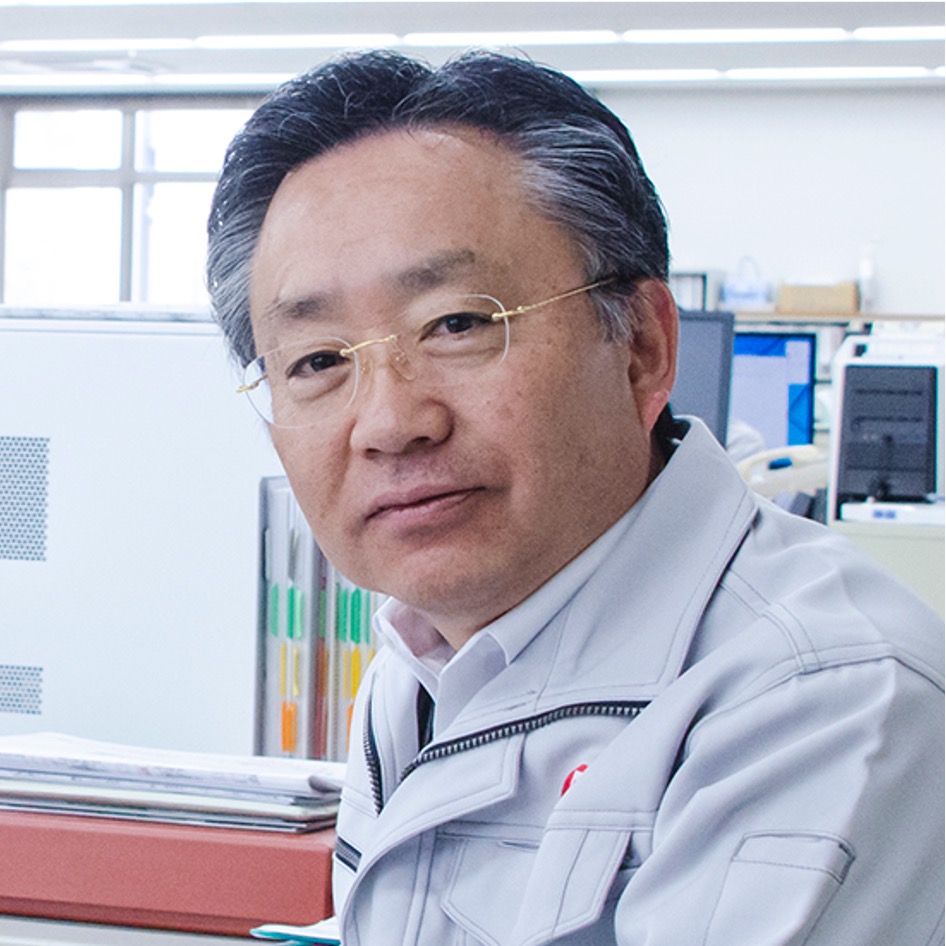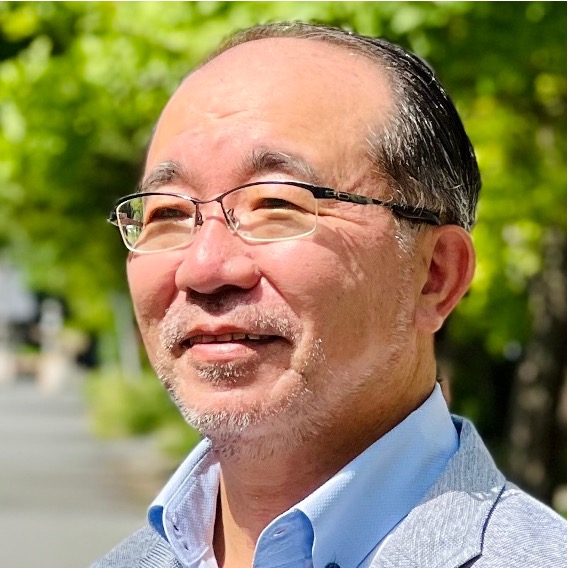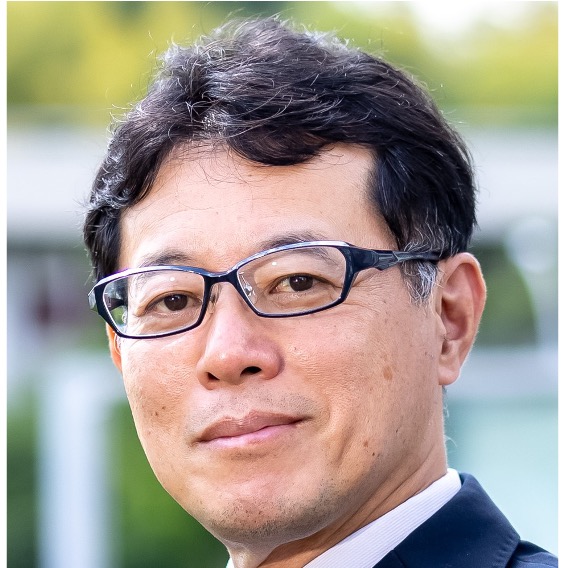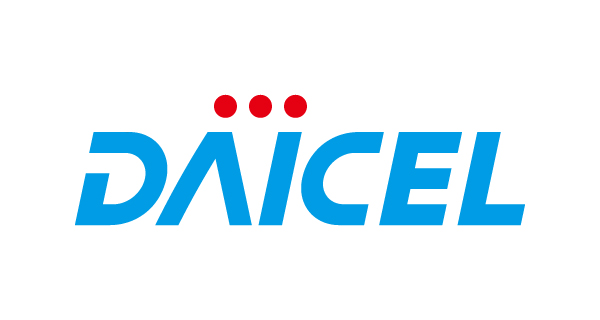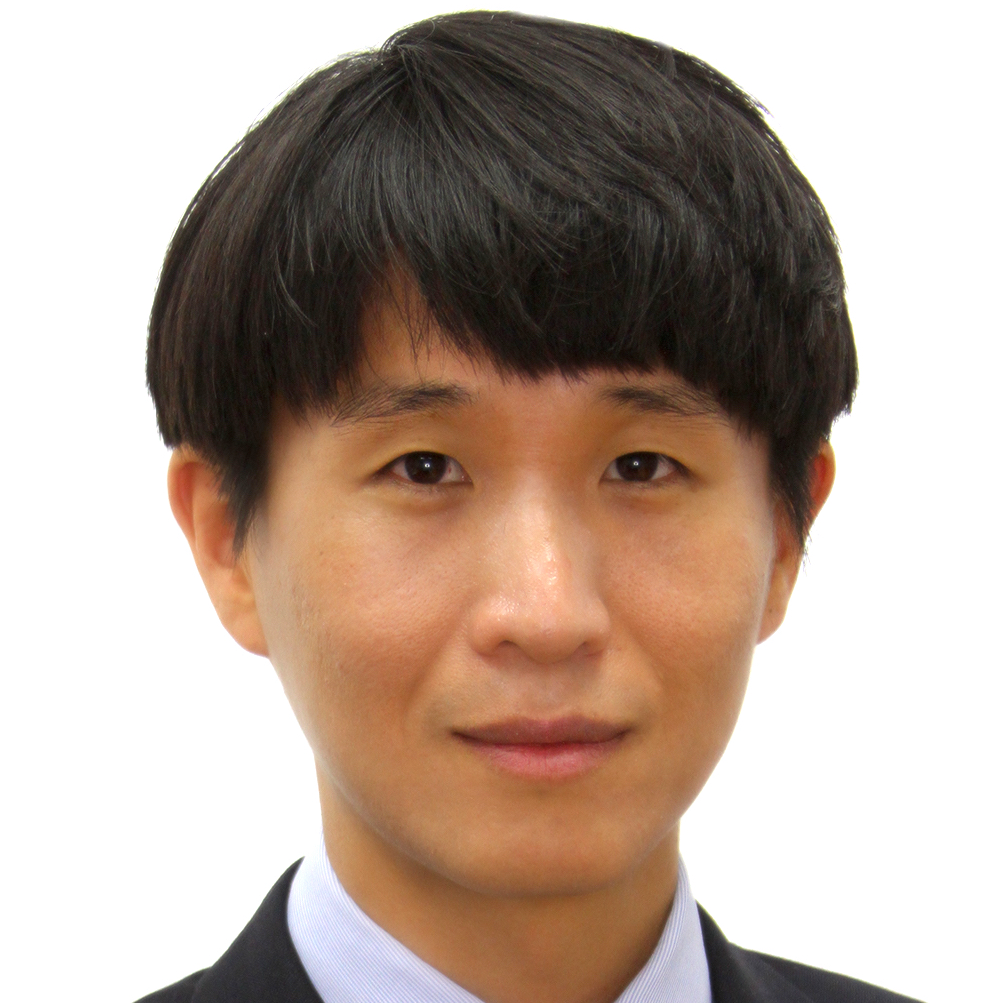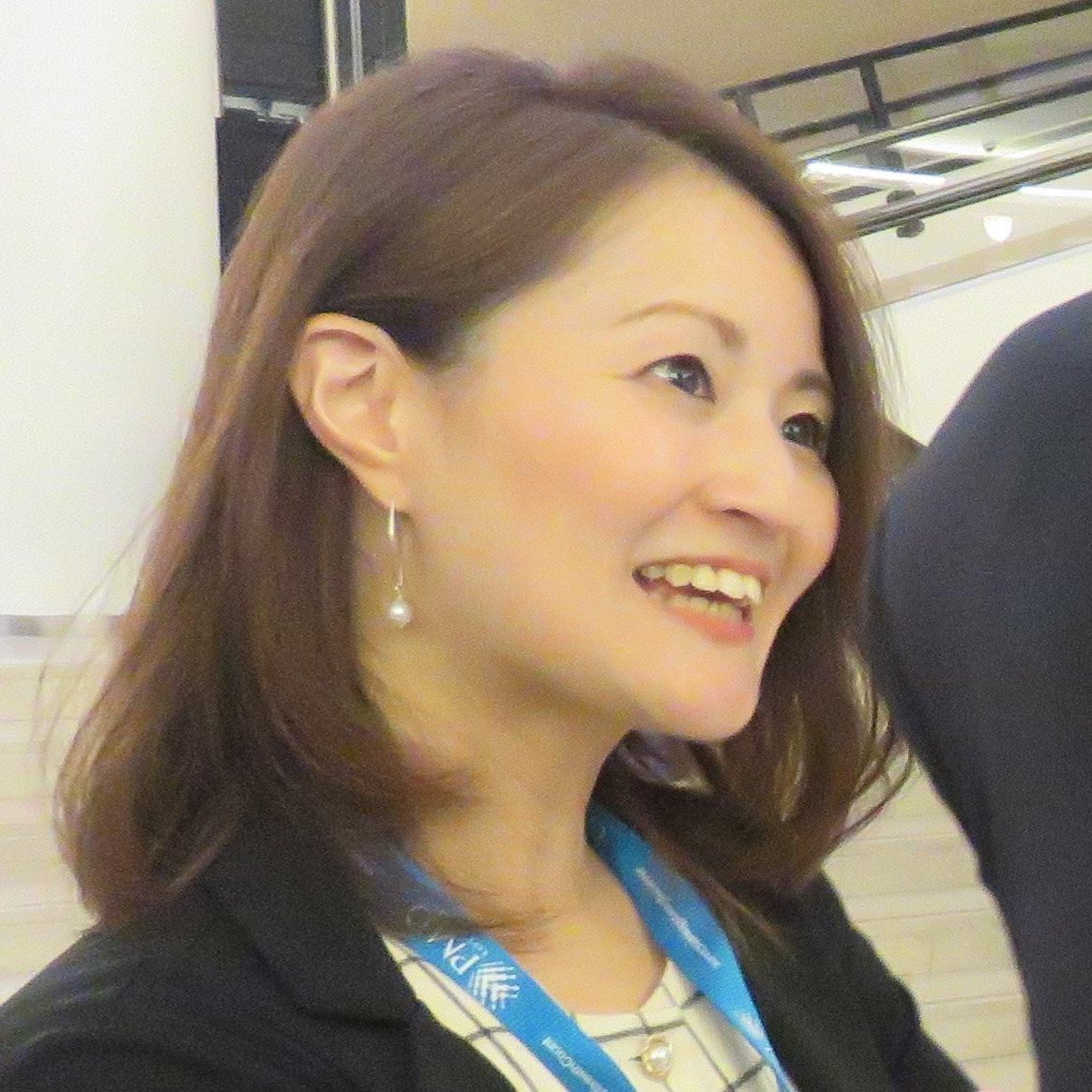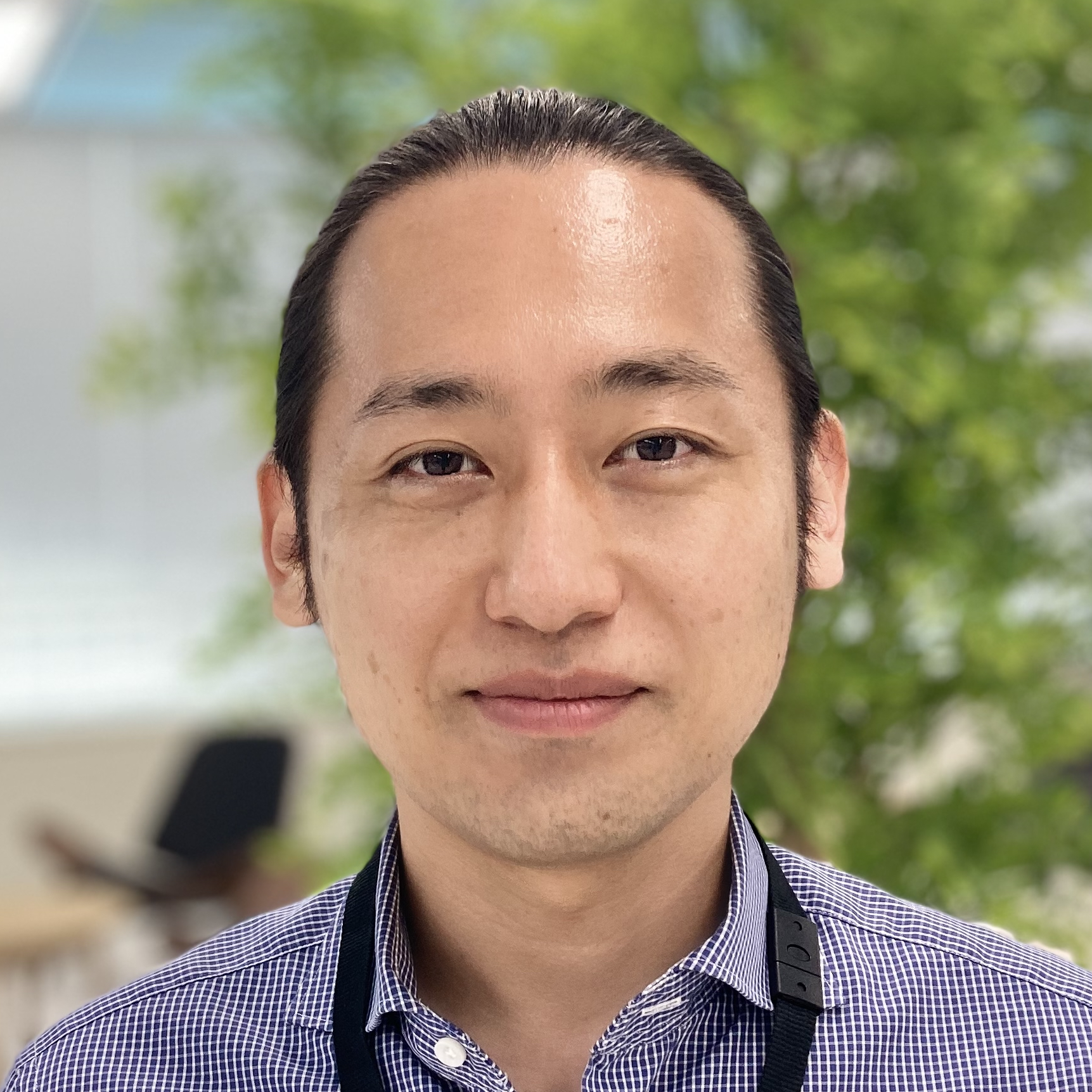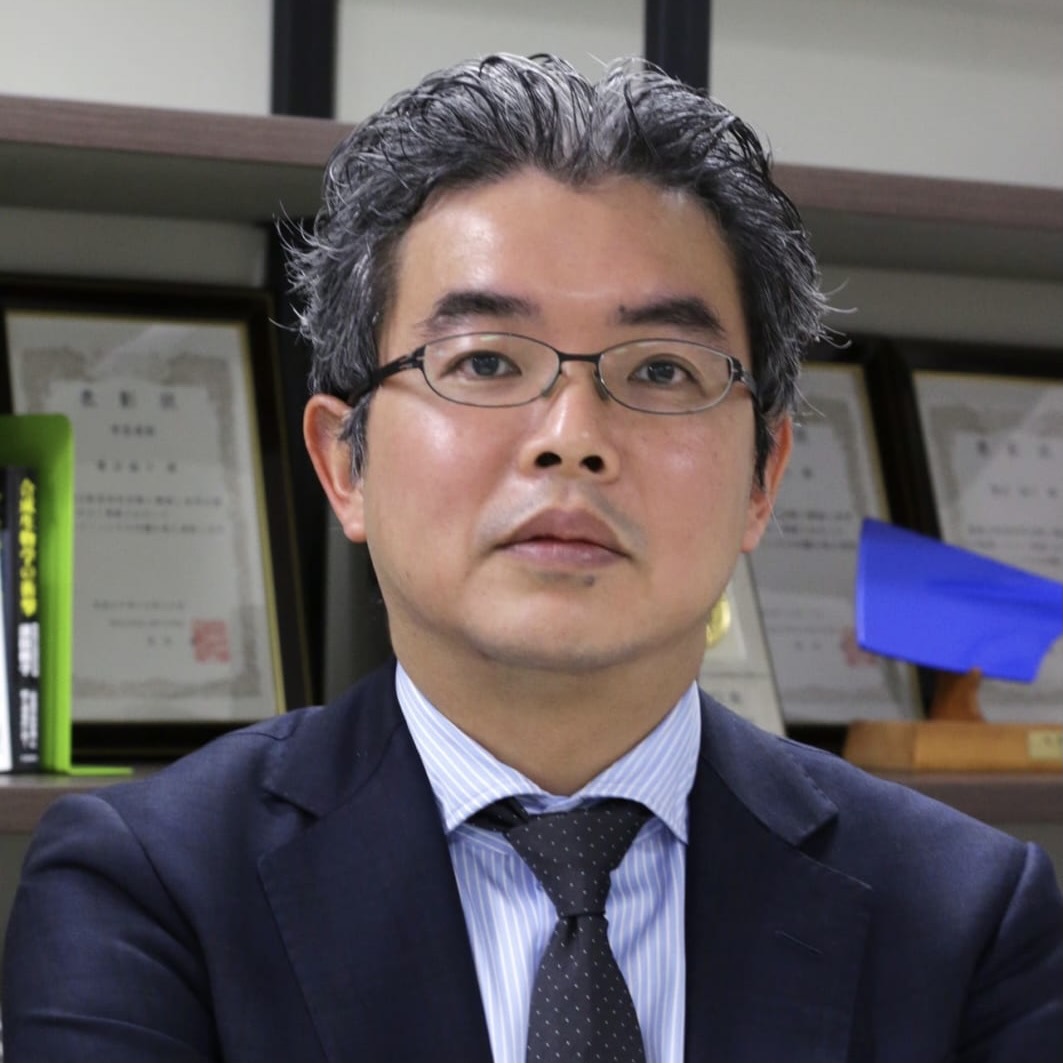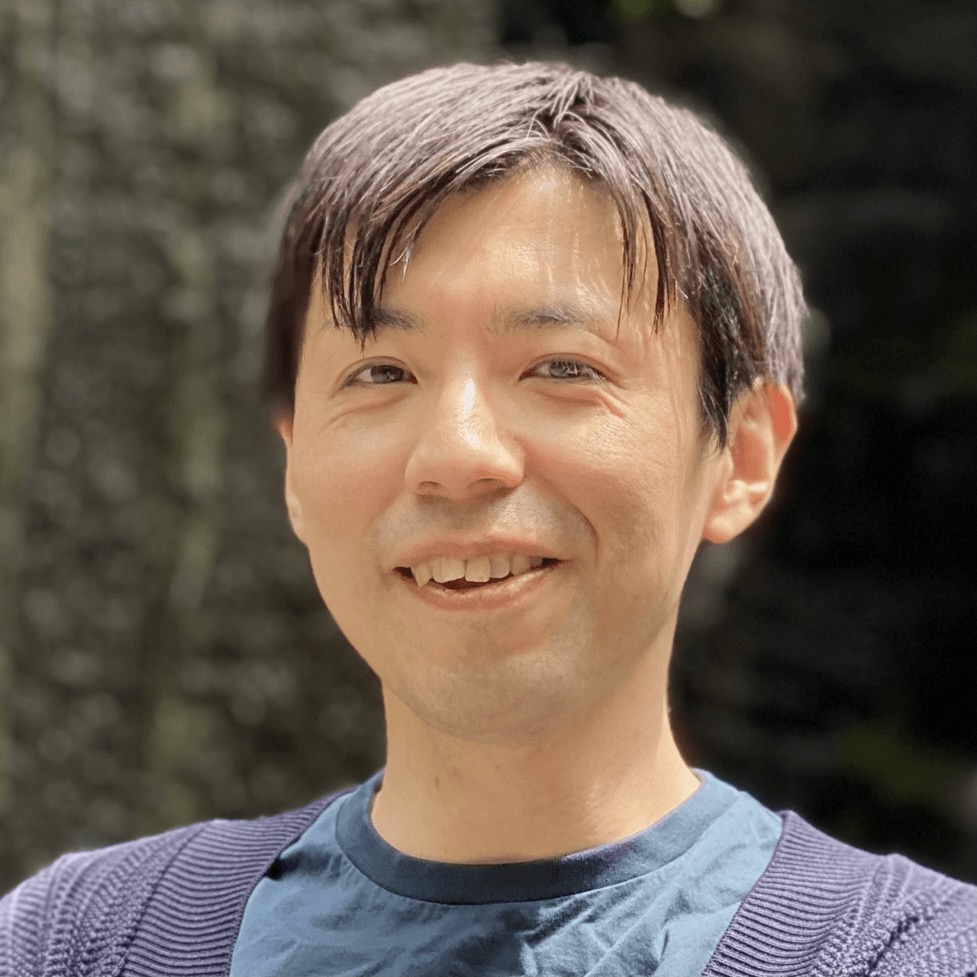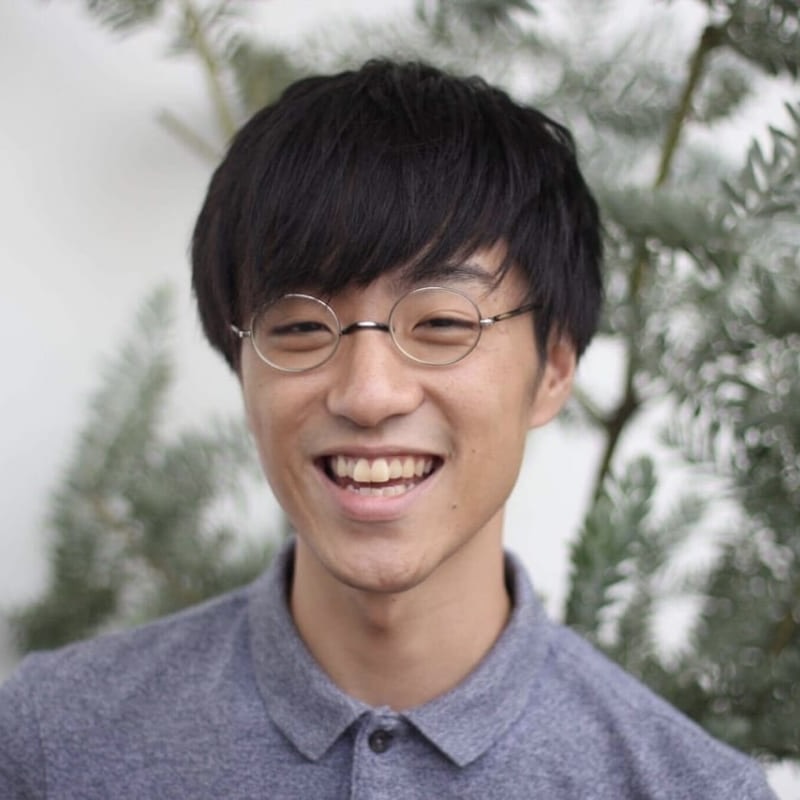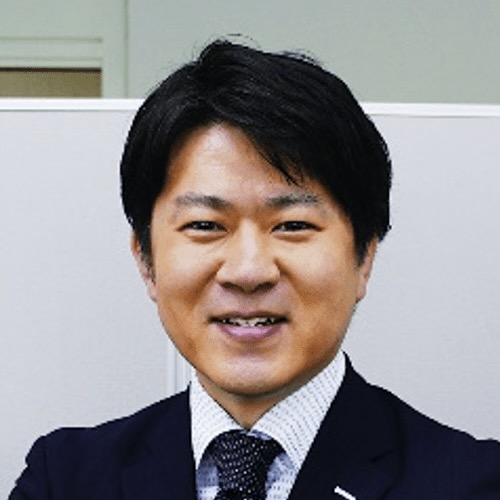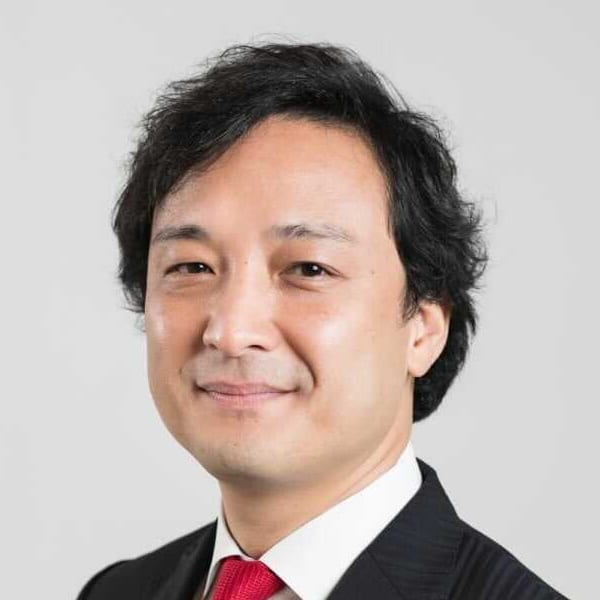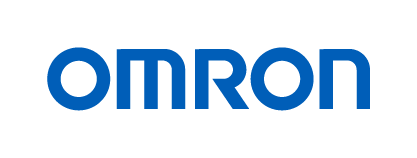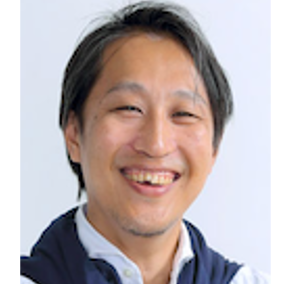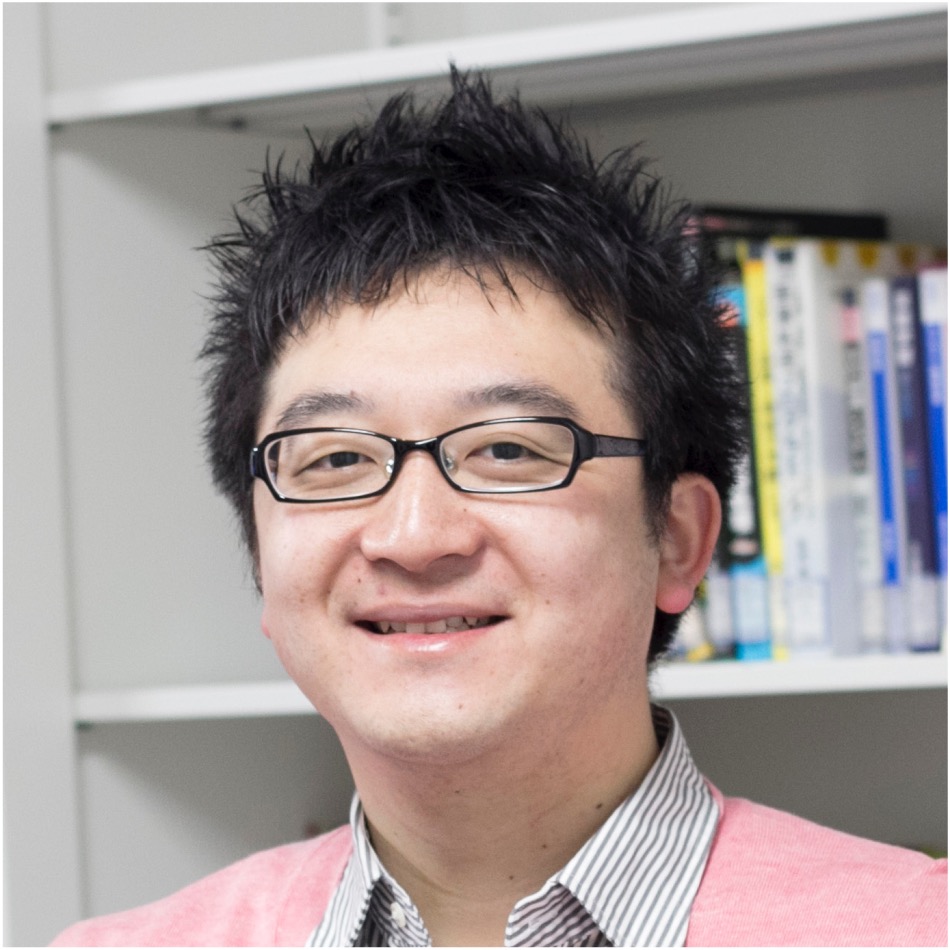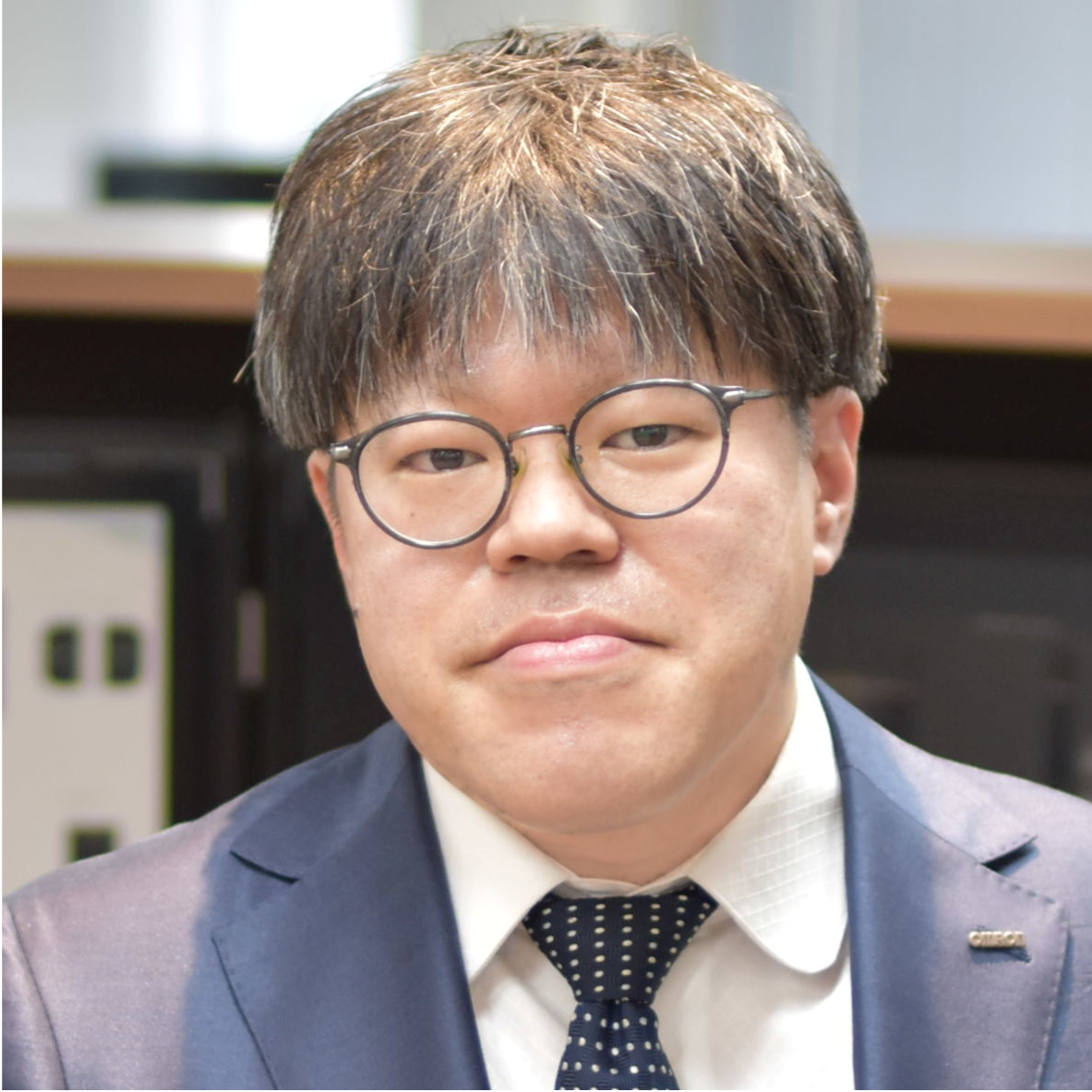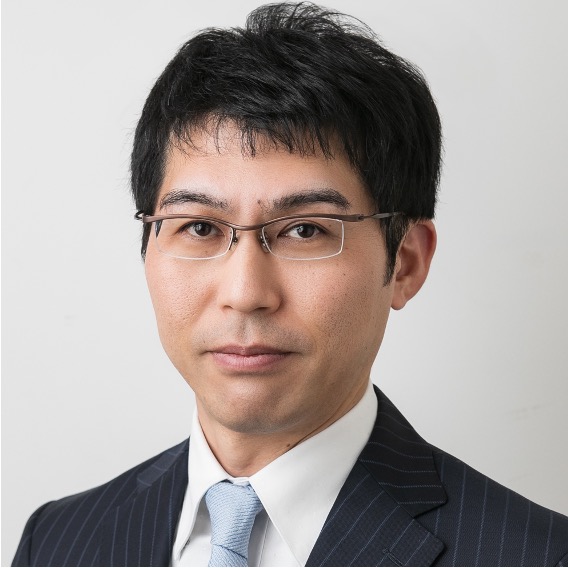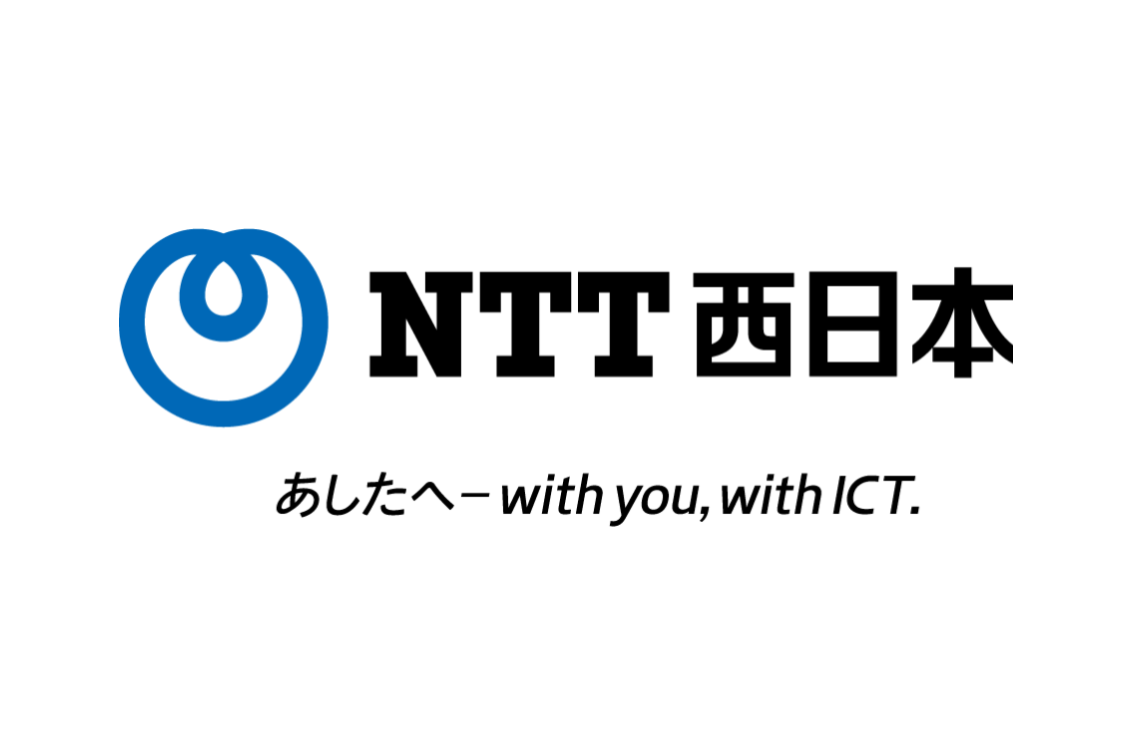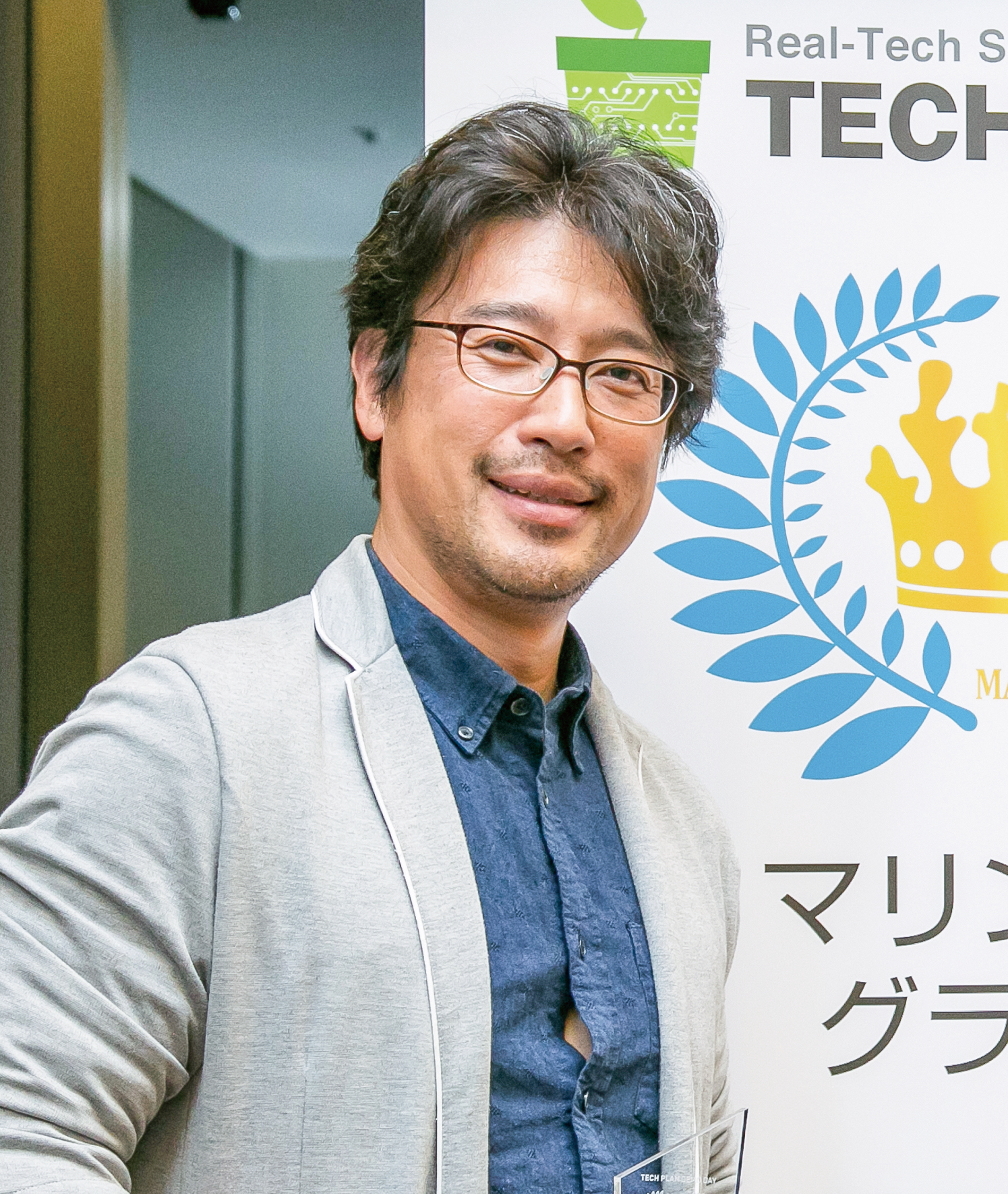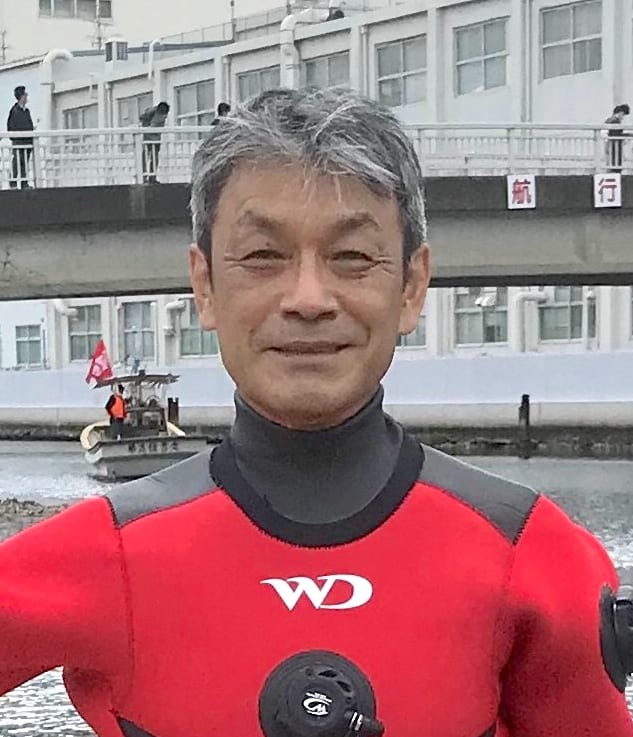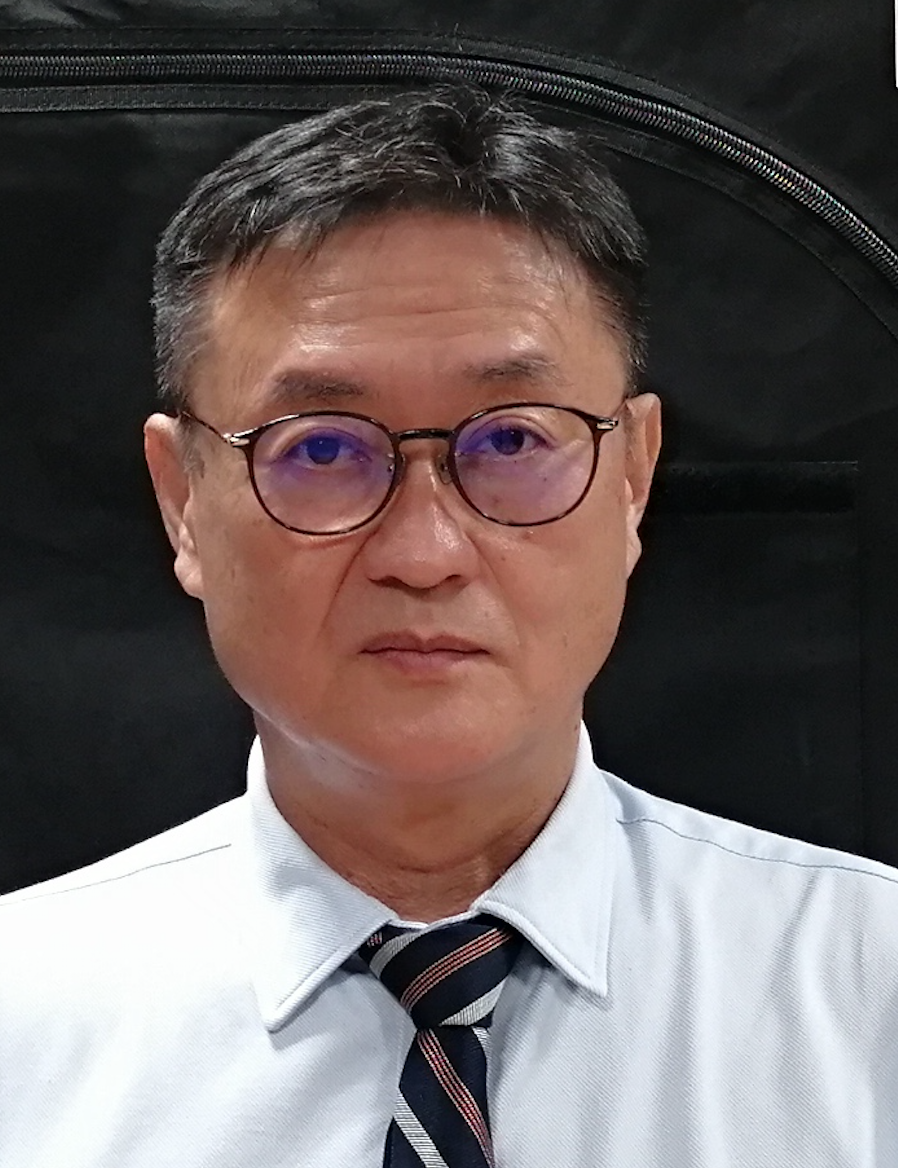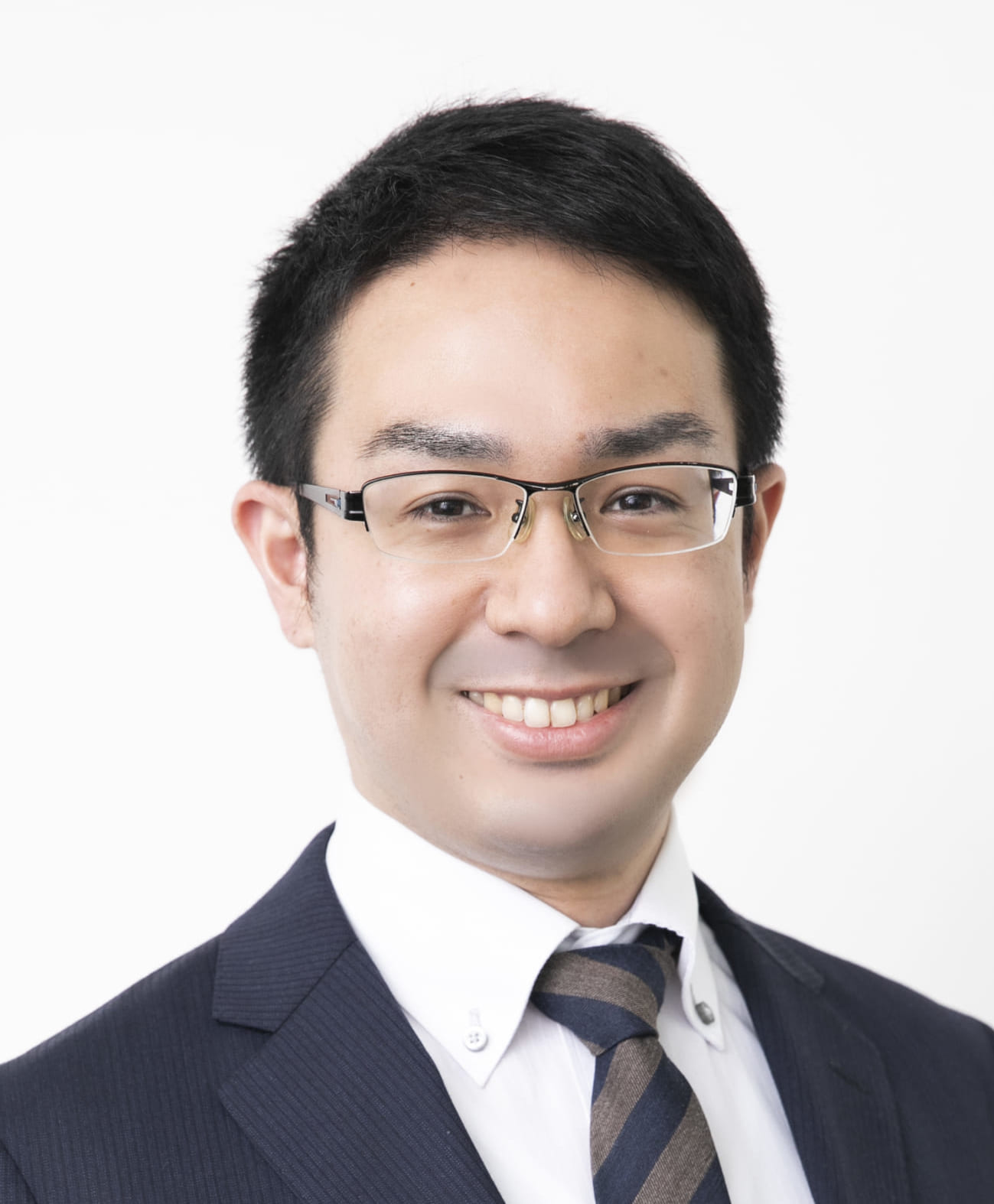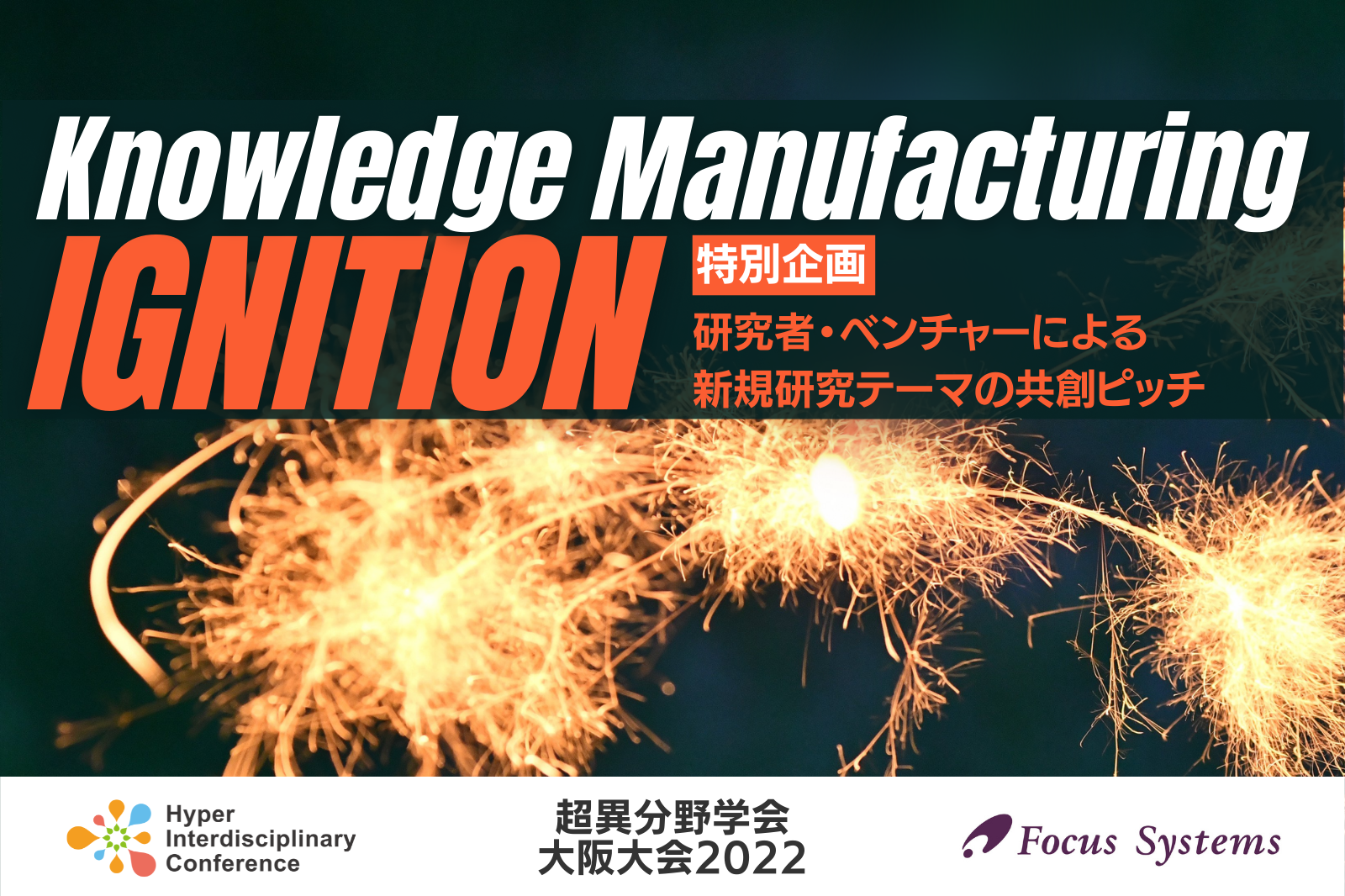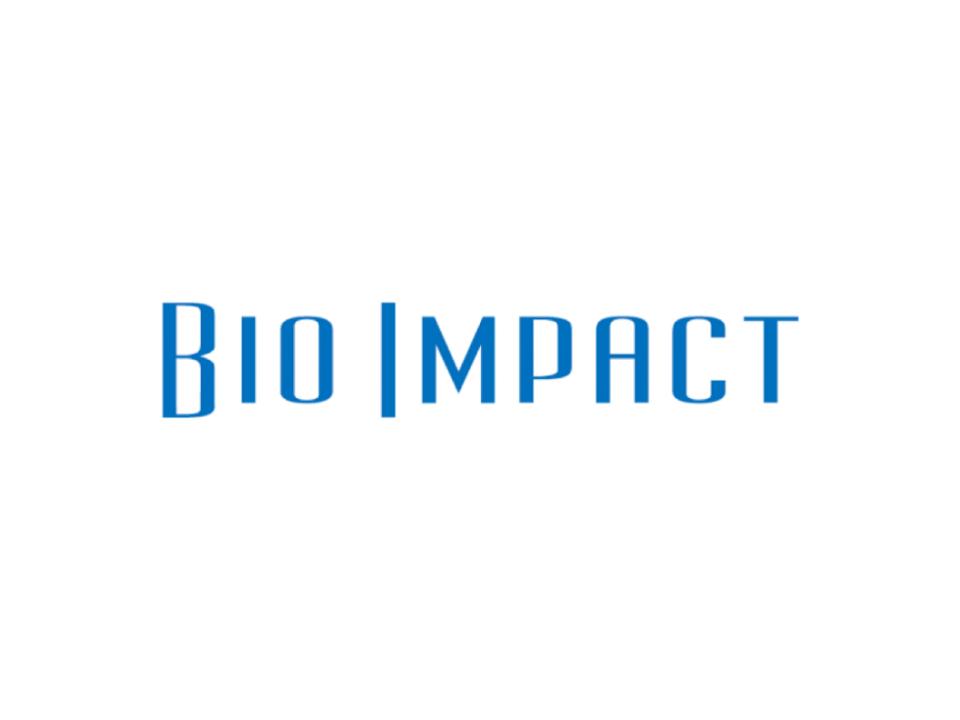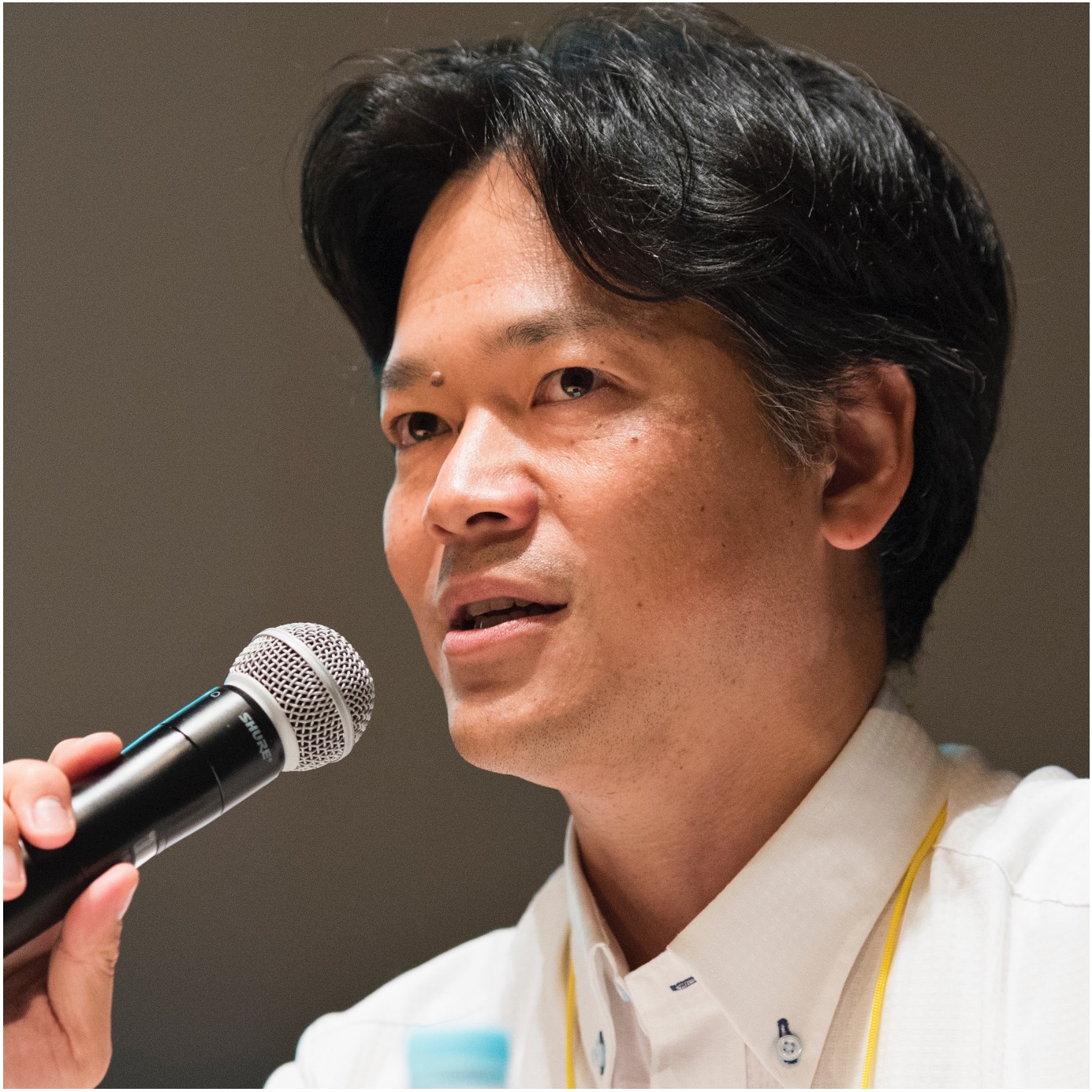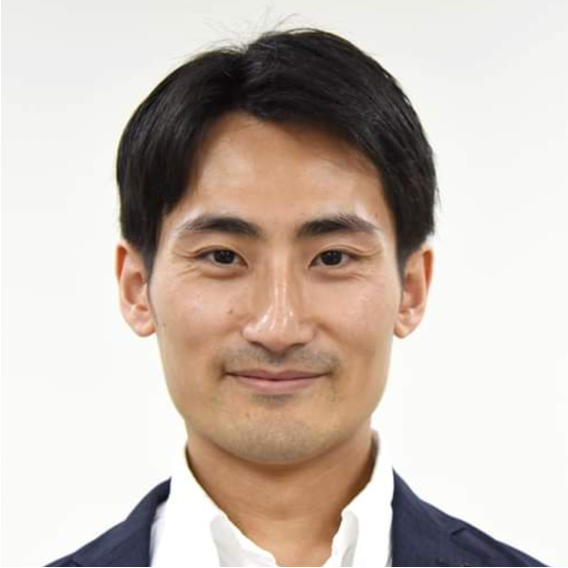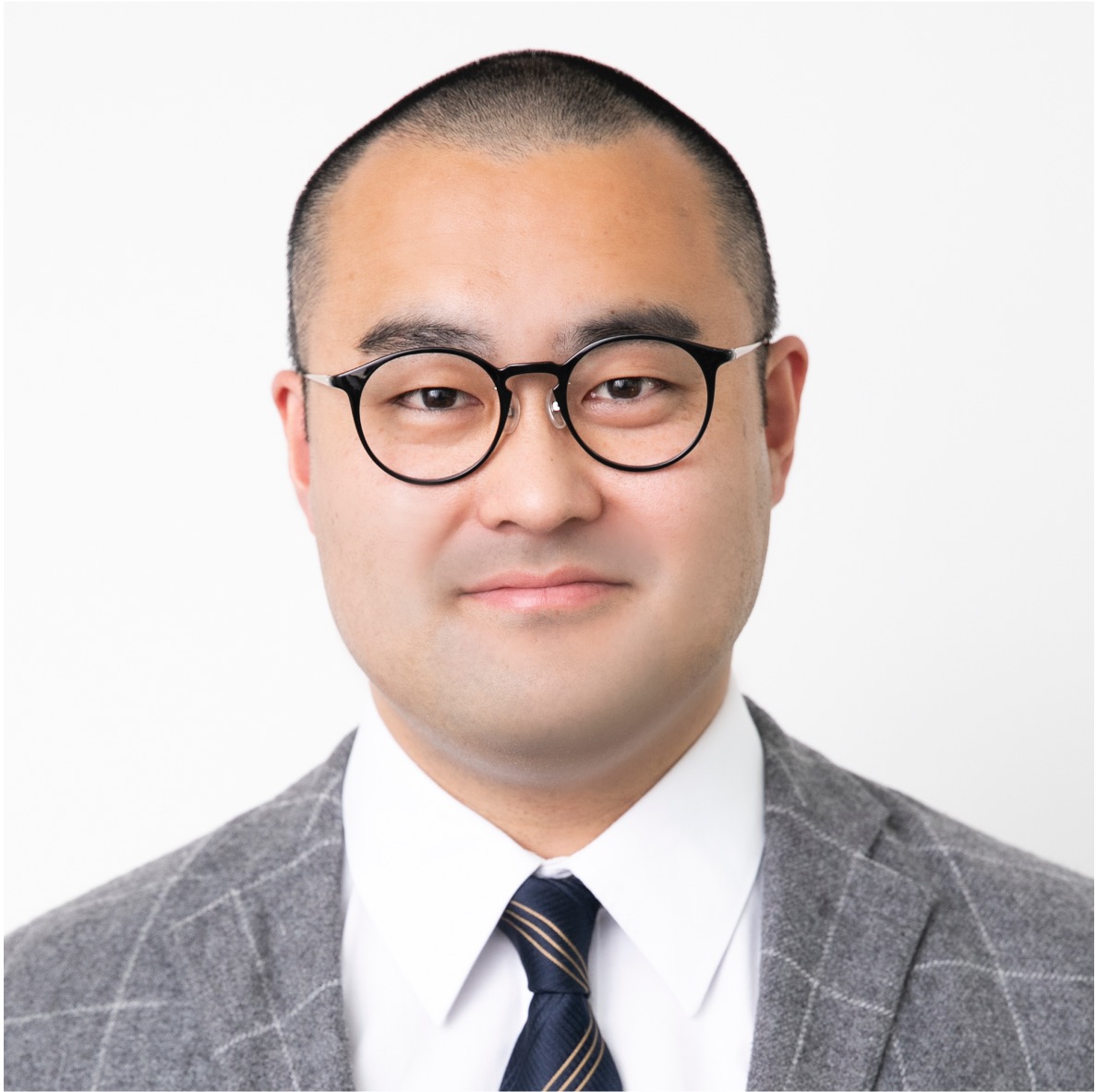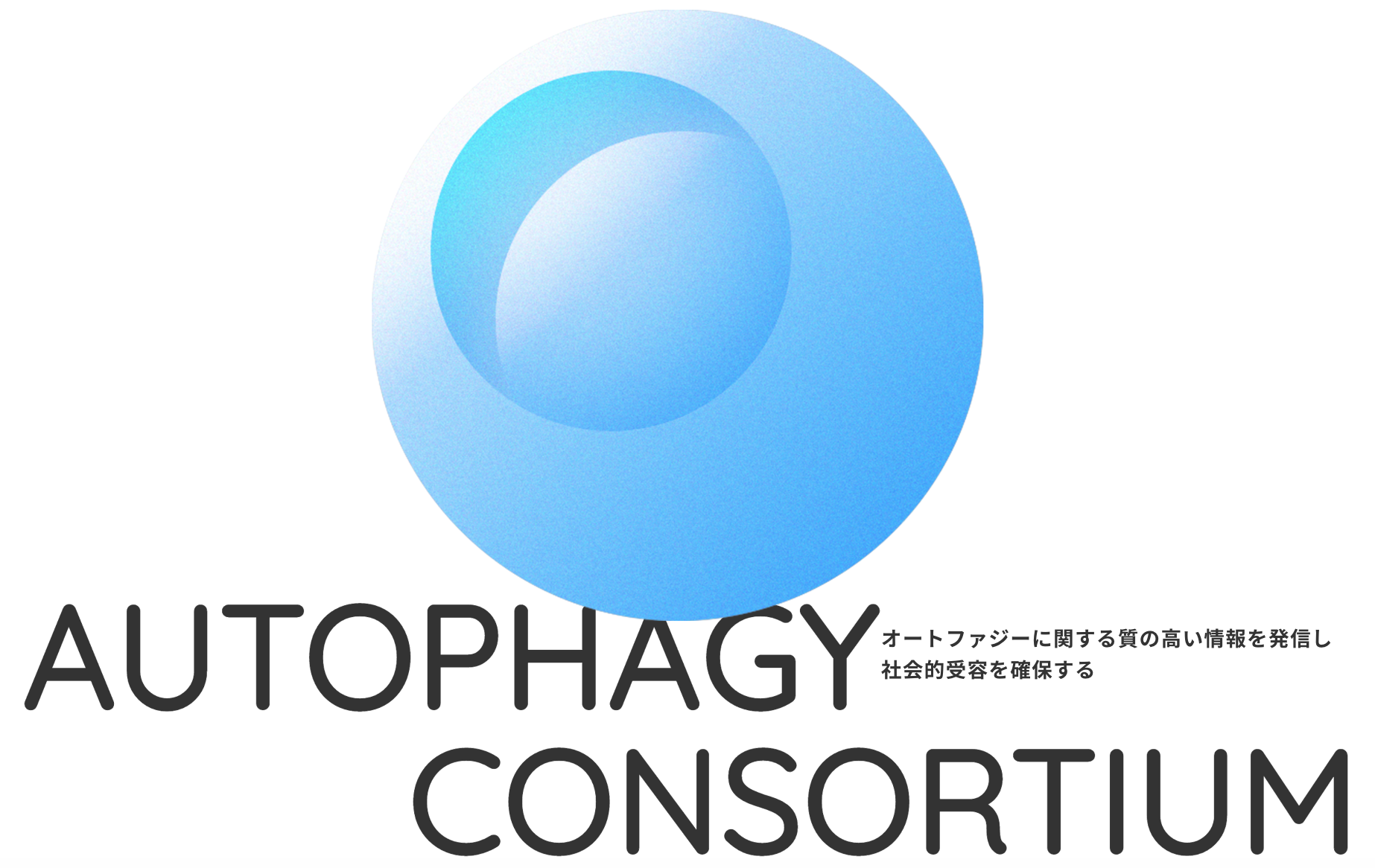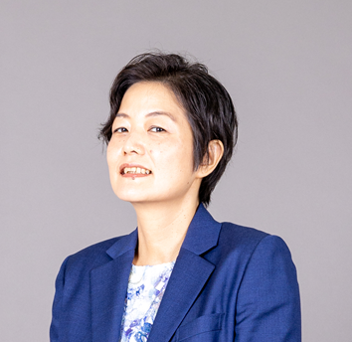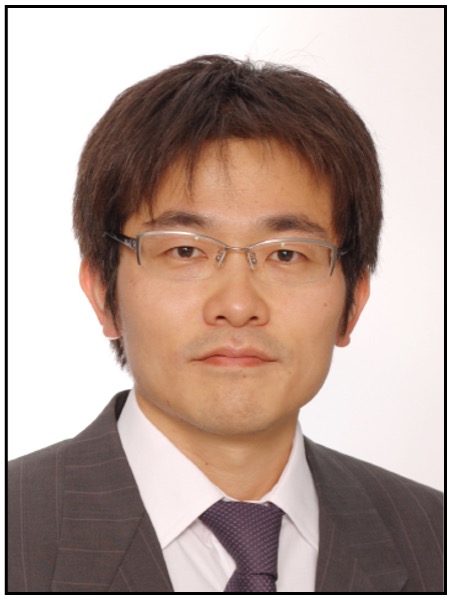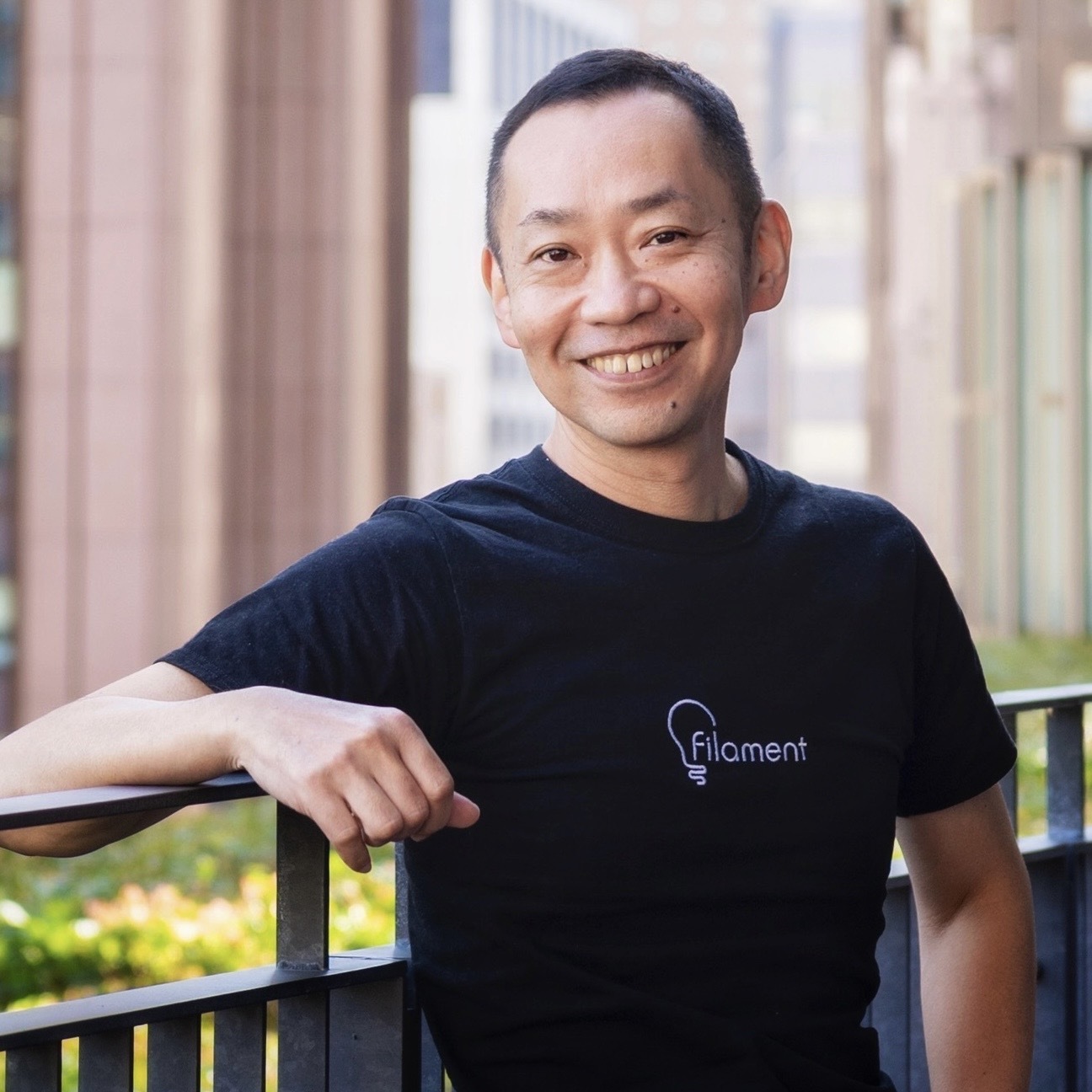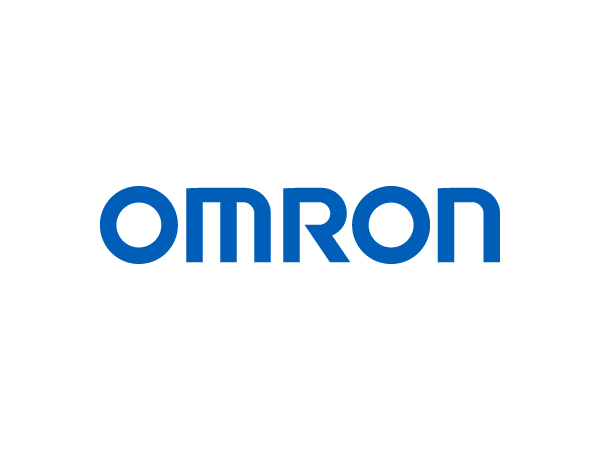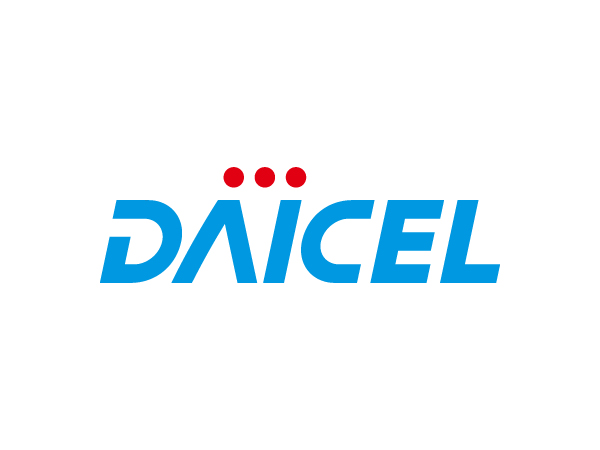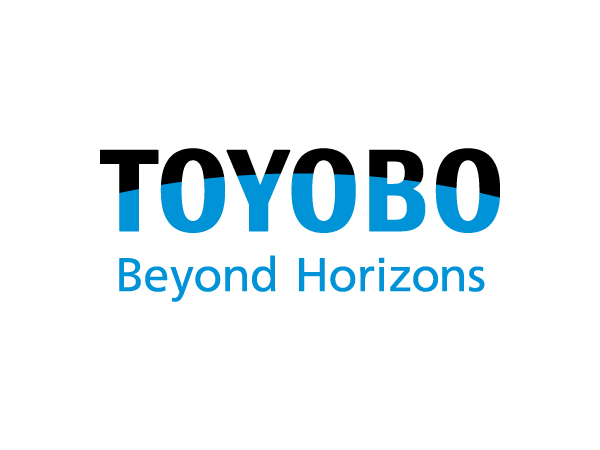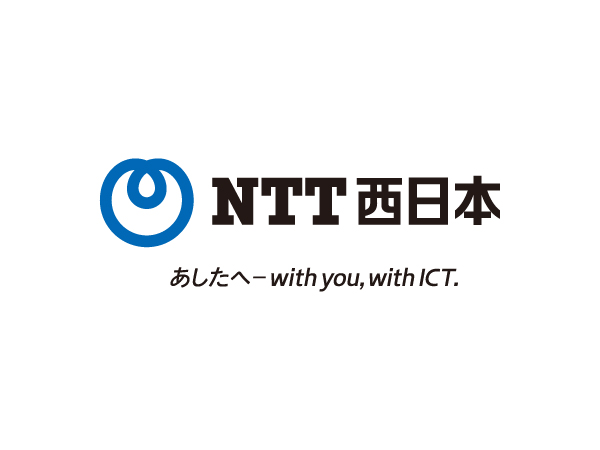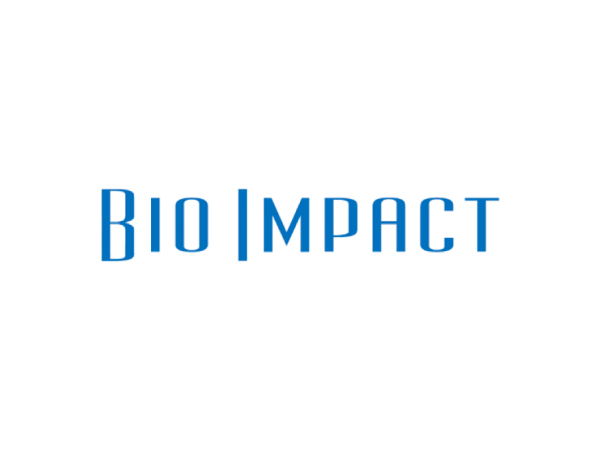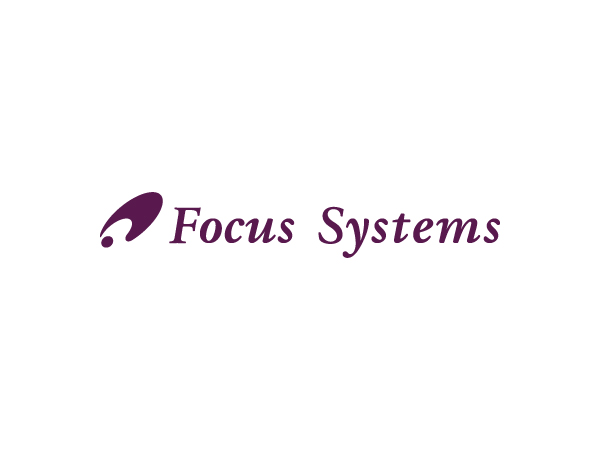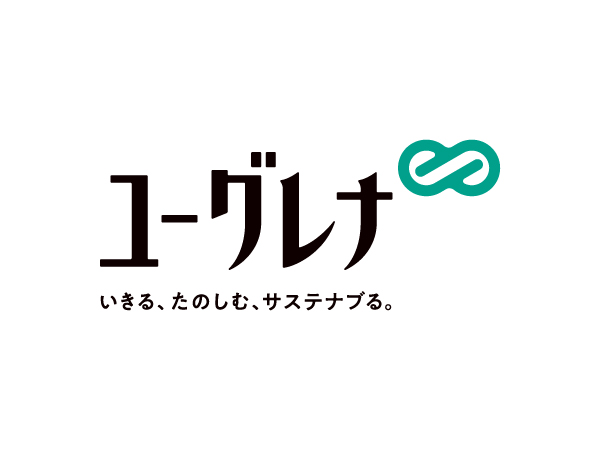| order of presentation |
belong to |
identity |
Title/Theme |
| 1 |
Humanome Research Institute, Inc. |
Jun Seze |
Let's make Euglena AI together! - Euglena Recognition AI made with Humanome Eyes |
| 2 |
Shinshu University |
Kozo Nakamura |
Demonstration of effectiveness and potential of individualized nutritional optimal diet (AI diet) |
|
3
|
High Energy Accelerator Research Organization (KEK)
|
Masashi Otani
|
Innovative Imaging Technology with a Compact Muon Accelerator
|
|
4
|
Kyoto University
|
Yohei Nakanishi
|
Imaging analysis of polyolefin materials using soft and tender X-rays
|
|
5
|
Nagoya University
|
Taichi Iseya
|
Development of sampling measurement device for PM2.5 using glass fiber
|
|
6
|
Osaka University Graduate School
|
Narioka Mirai
|
Sensing of volatile organic compounds using all-organic porous materials
|
|
7
|
HiLable, Inc.
|
Takeshi Mizumoto
|
Bamiel visualizes the place of communication
|
|
8
|
Tender Hearts Inc.
|
Ken Yomogo
|
Development of candy that stimulates saliva secretion and facilitates swallowing for grandchildren and the elderly.
|
|
9
|
Fukuyama University
|
Masanori Koga
|
Further Development of Embodied Robotics
|
|
10
|
Tokyo University of Marine Science and Technology
|
Yu, Kai Lun
|
Fastest automatic driving to prevent rollover based on the three-dimensional center-of-gravity detection theory
Fastest autonomous driving without causing rollover based on the detection of three-dimensional center of gravity |
|
11
|
Teikyo Heisei University
|
Shoichi Komine
|
Effects of Acupuncture Current Stimulation on Muscle Pain and Novel Markers of Muscle Injury after Transient Exercise
|
|
12
|
Advanced Telecommunications Research Institute International (ATR)
|
Matsuzuro, Takayuki
|
Wireless power supply to drones in flight using an air-core beam
|
|
13
|
Osaka City Miyahara Junior High School
|
Rei-Wan Matsuo
|
Research on an inexpensive underwater drone that can accurately measure water depth based on image data
|
|
14
|
Wakayama Industrial Technology Center
|
Tomohiro Akagi
|
Cultivation of aquatic worms as live bait
|
|
15
|
|
Jinsuke Nakayama
|
Revival of the Ehime conger eel brand and research and development of alternative fishmeal
|
|
16
|
Tokyo Institute of Technology
|
Toranosuke Horikawa
|
Desalination Technology and Valuable Resource Recovery Methods Using Liquid Metal Technology
|
|
17
|
Correspondence course student, Faculty of Science and Technology, Akita University
|
Genjiro Maeda
|
Theme 1: Balancing stormwater runoff control in urban areas with maintenance and renewal of park trees.
Theme 2: Meteorological Research at Mt.
|
|
18
|
Nagoya University Graduate School
|
Daichi Urano
|
Construction of islet cell temperature measurement system using nano quantum sensor
|
|
19
|
University of Hyogo
|
Masato Suzuki
|
Development of an electrode device for unlabeled cell evaluation using cell rotation speed as an indicator.
|
|
20
|
Universal Bio Sampling Co.
|
Koji Yoshida
|
Easy and convenient blood and saliva testing for early detection of diseases
|
|
21
|
University of Shizuoka
|
Kouhei Yamada
|
Prediction of Pharmacokinetics of Drugs and Drug Products in Animals and Humans Using In silico Modeling & Simulation
|
|
22
|
Tokyo Institute of Technology
|
Shodaro Tagawa
|
Integration of Different Fields in Origin of Life Research
|
|
23
|
Seijo University
|
Shinichi Sakai
|
Proposal of Brain Map: New Value Creation Based on Layman's Idea and Expert's Execution
|
|
24
|
Shinshu Daigaku
|
Eugenio Hernan Otal
|
MOF-based sensors for water quality assessment: Quantification of Fluoride in drinking water.
|
|
25
|
Kankyo Daizen Corporation
|
Yuta Kato
|
Investigation to elucidate the effect and mechanism of action of liquid organic fertilizers derived from livestock wastes.
|
|
26
|
Kanazawa University Graduate School
|
Mika Konuma
|
Expanding suitable areas for cultivation of the medicinal plant "honeysuckle".
|
|
27
|
Yuge Merchant Marine Technical College
|
Kotaro Mori
|
Educational Use of Portable Power Generation Facilities with Stirling Engine and Rocket Stove
|
|
28
|
Osaka University
|
Ryota Akai
|
Creation of innovative organic semiconductor materials for next-generation devices
|
|
29
|
Hosen Gakuen Junior High School Co-educational Science and Mathematics Inter
|
Shunsuke Matsumura
|
Microbial energy powers smart speakers to listen to music
|
|
30
|
BIOTA inc.
|
Kohei Ito
|
Creating sustainable and healthy spaces designed in symbiosis with microorganisms
|




